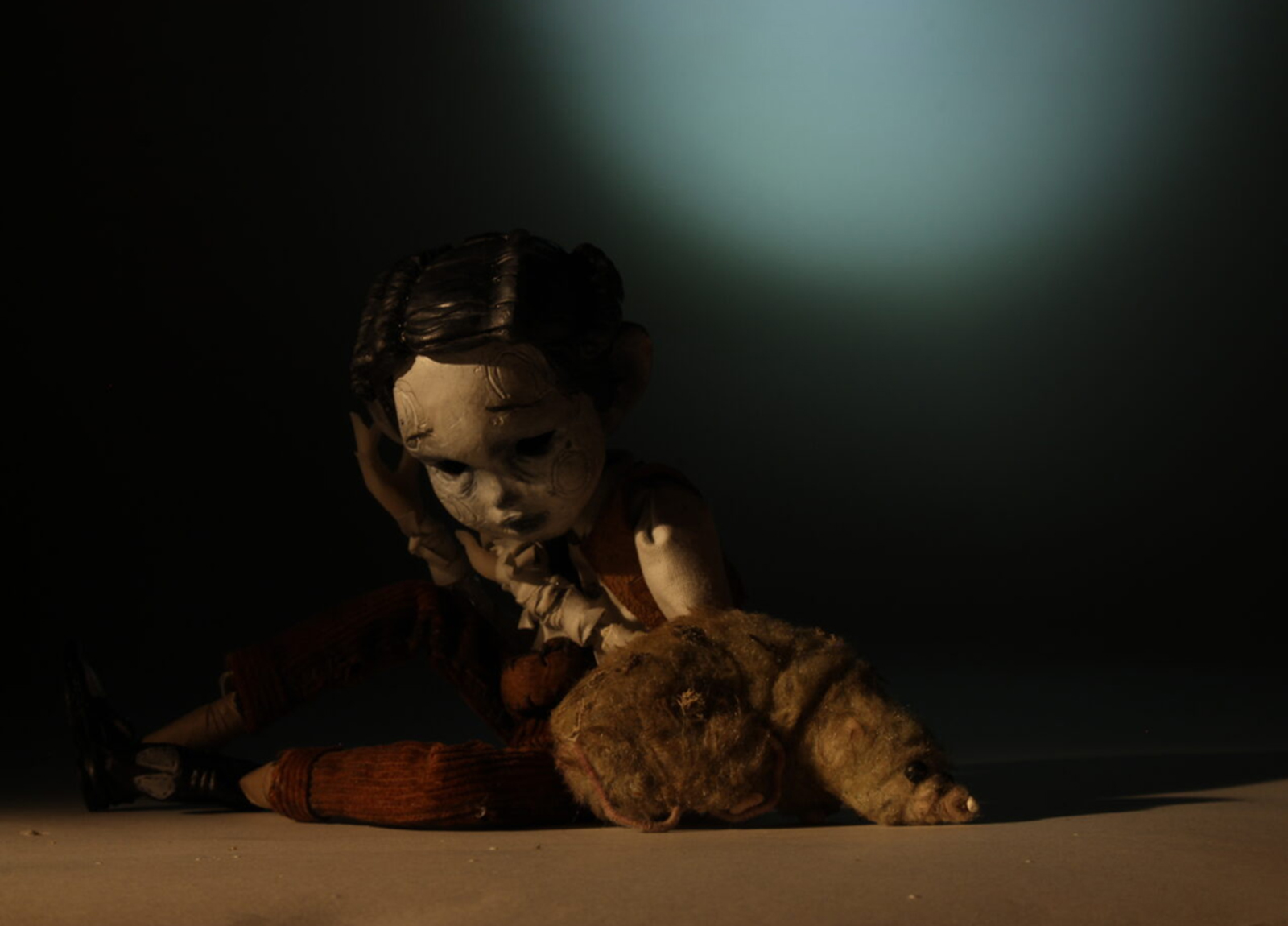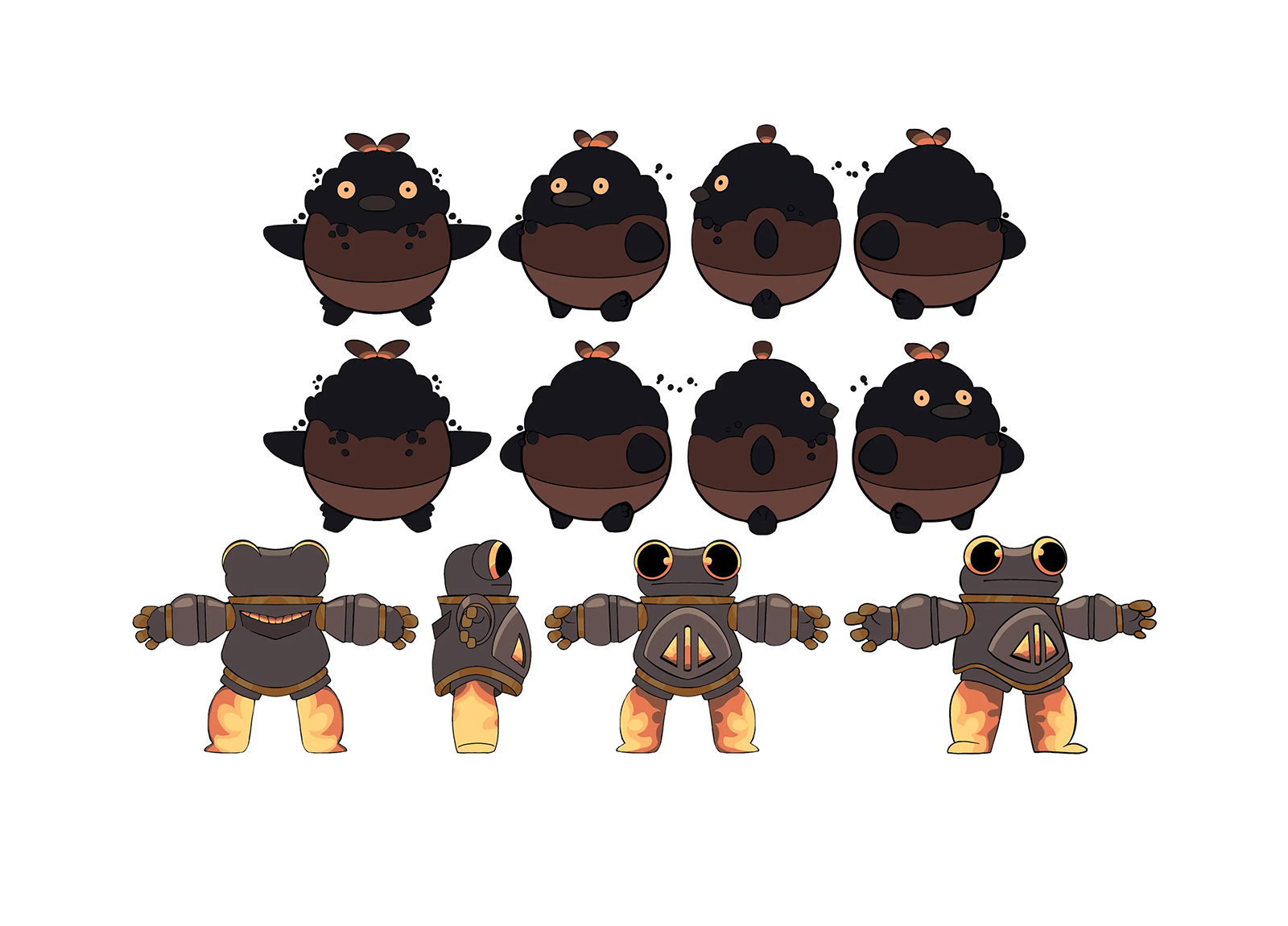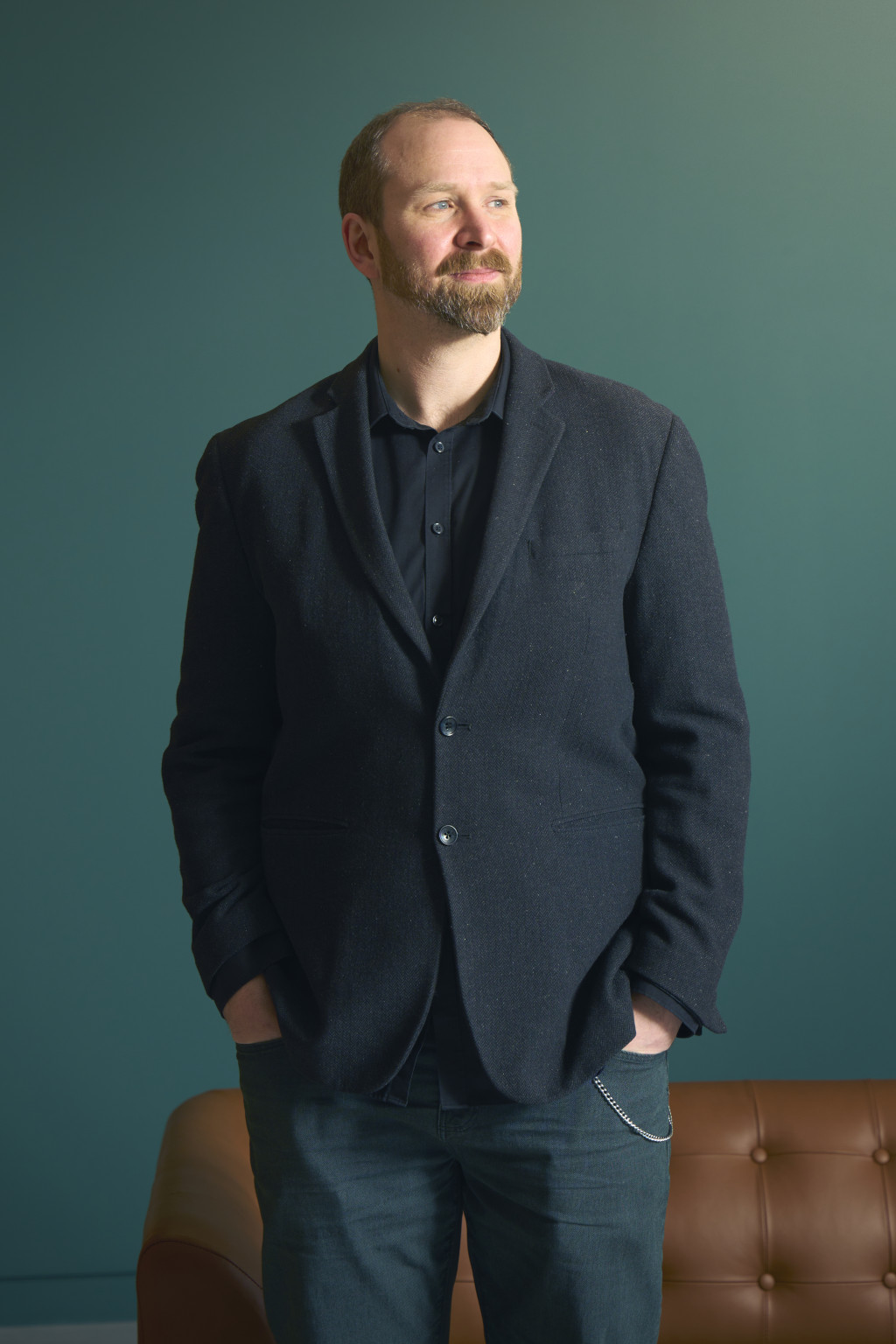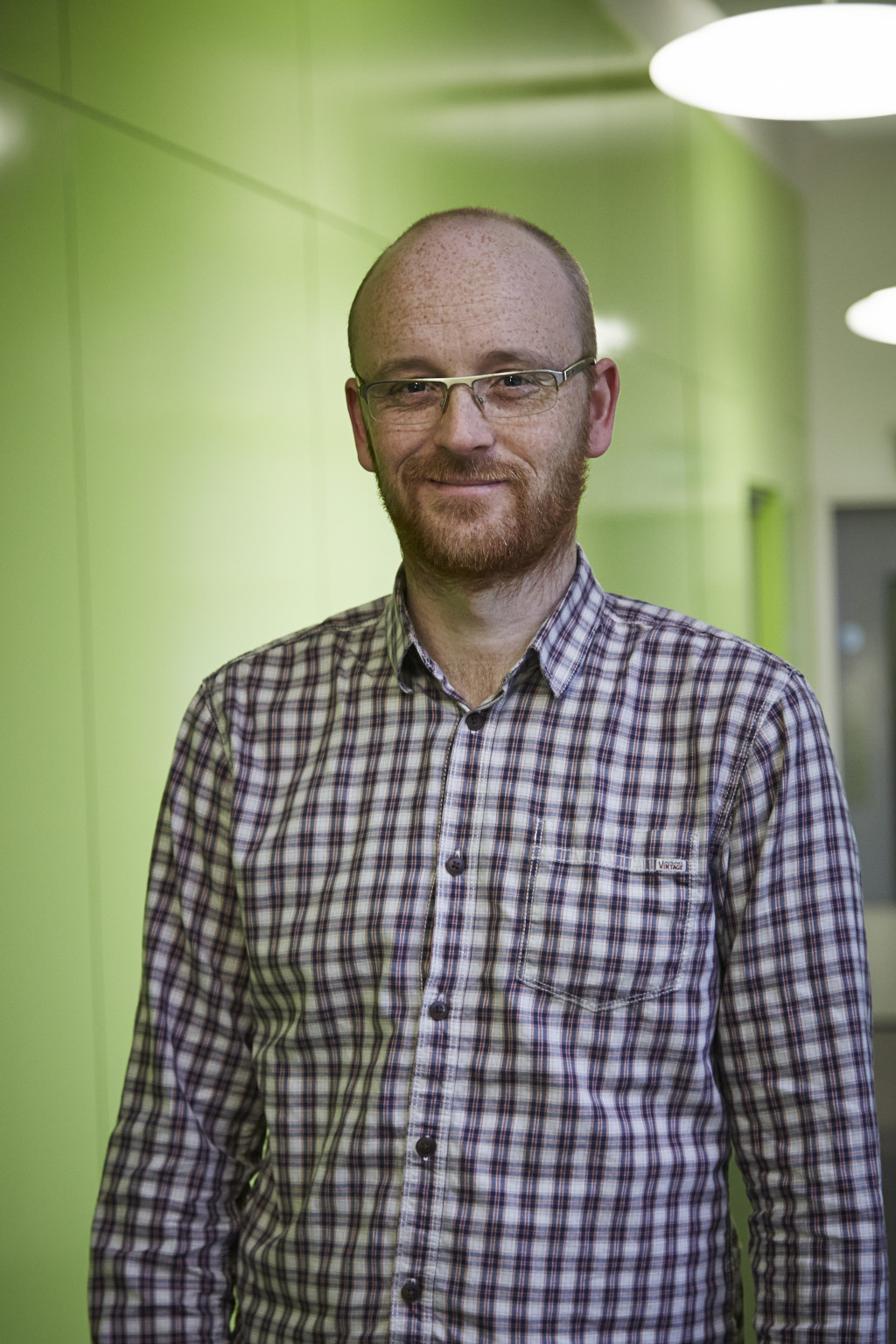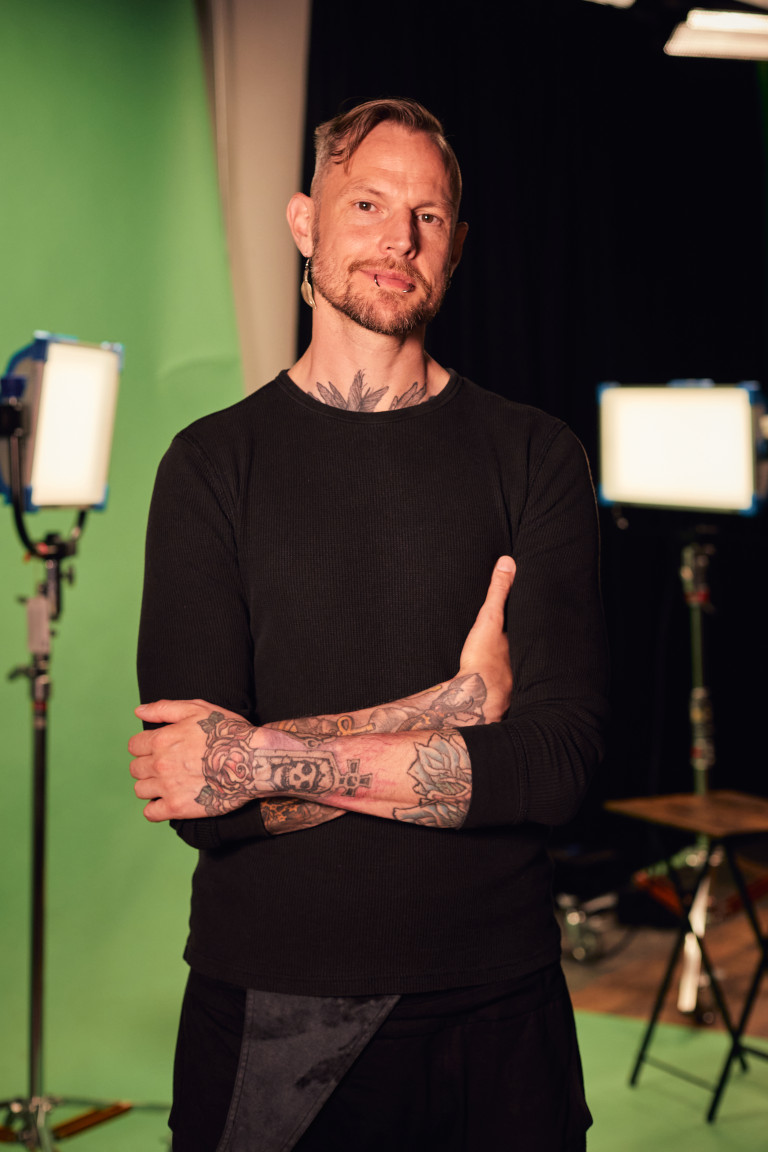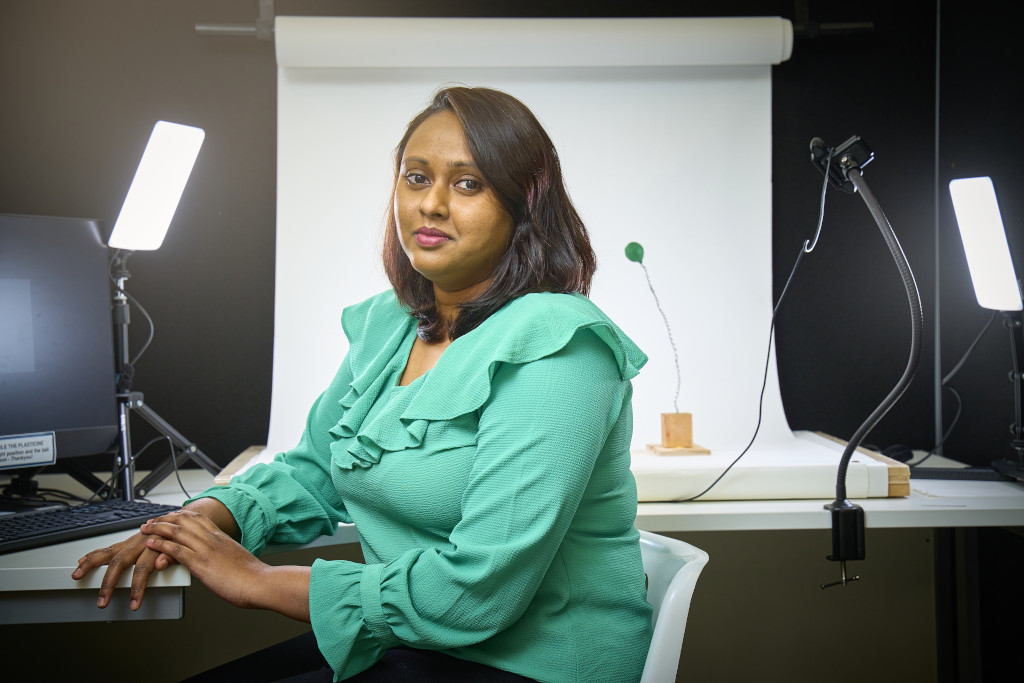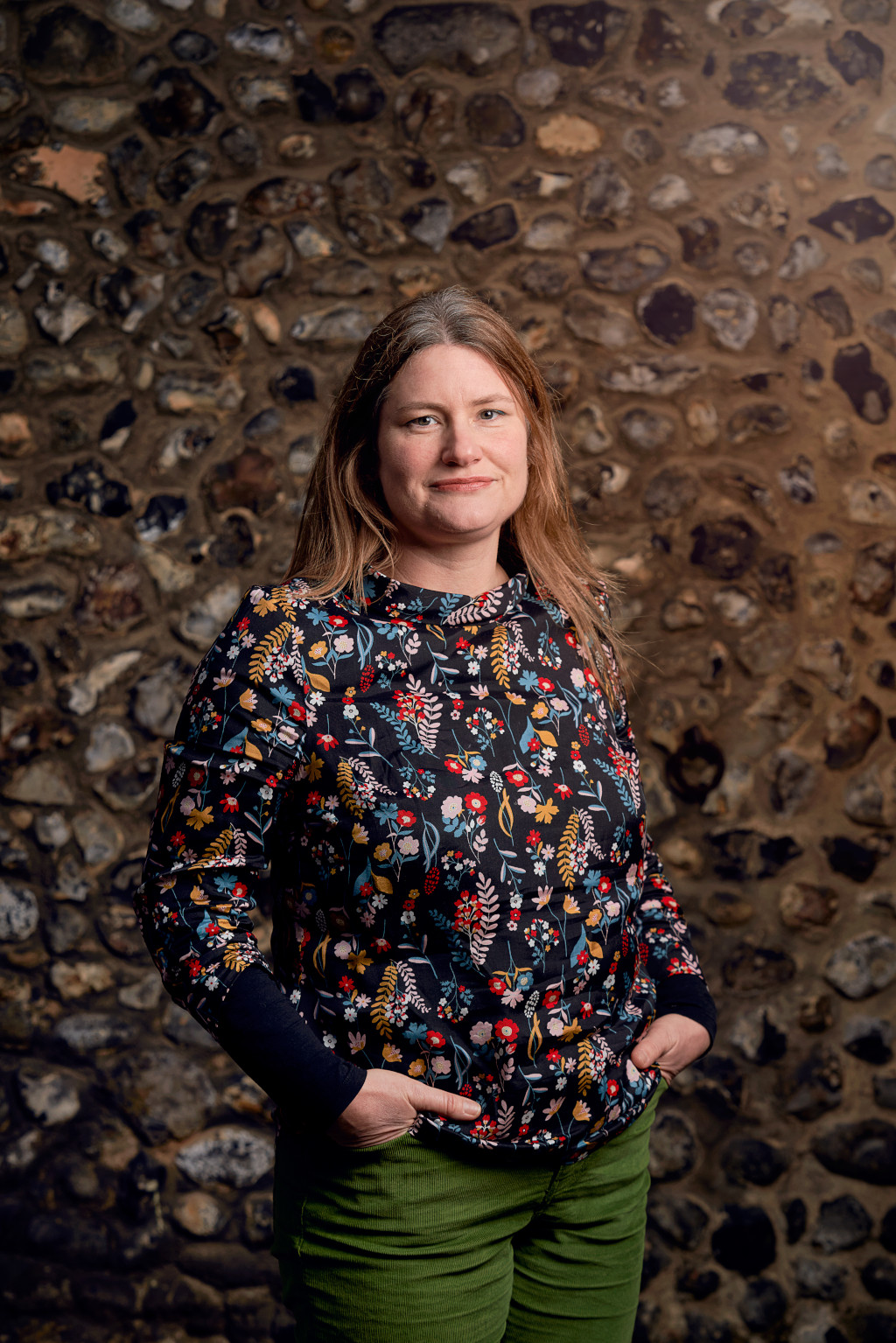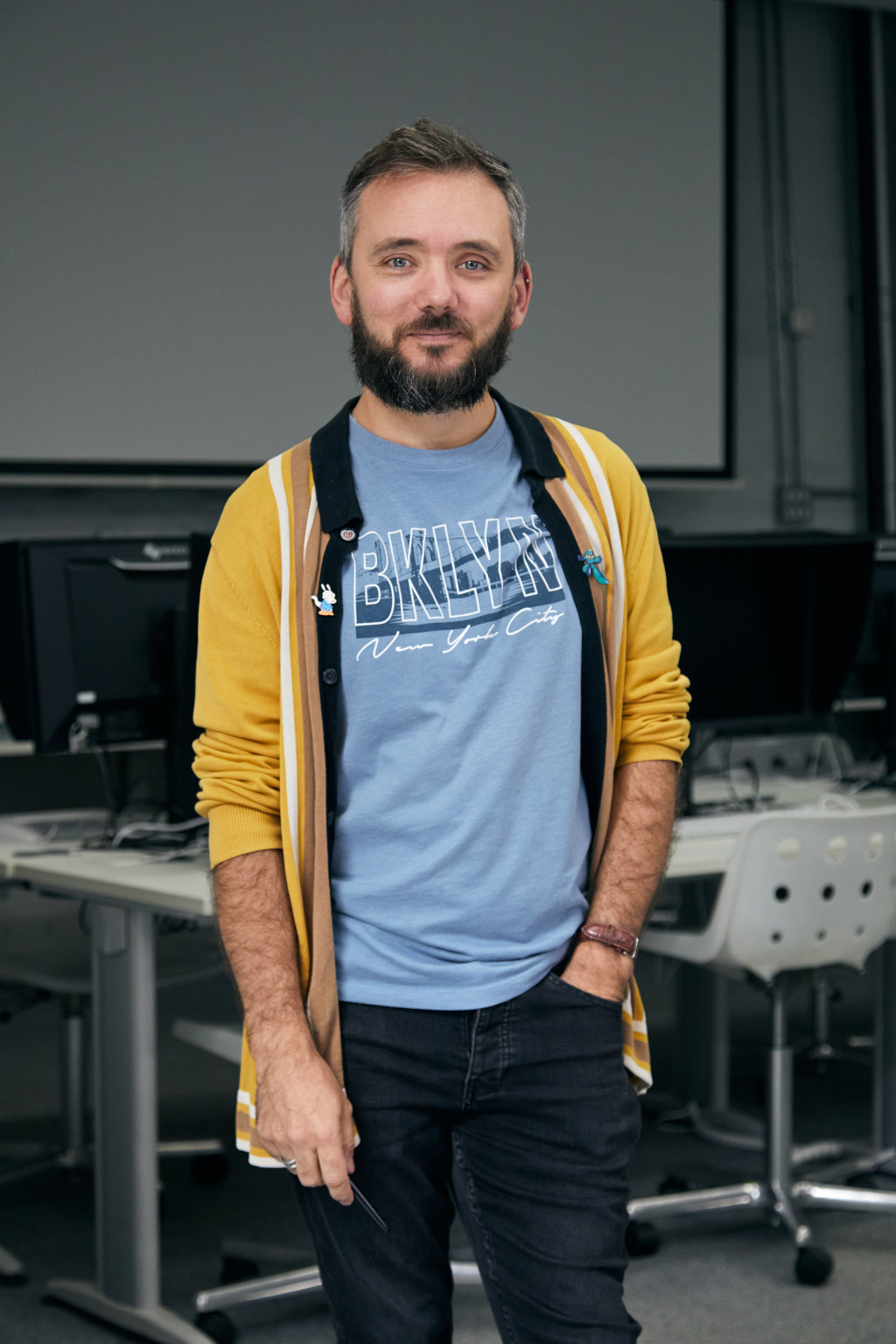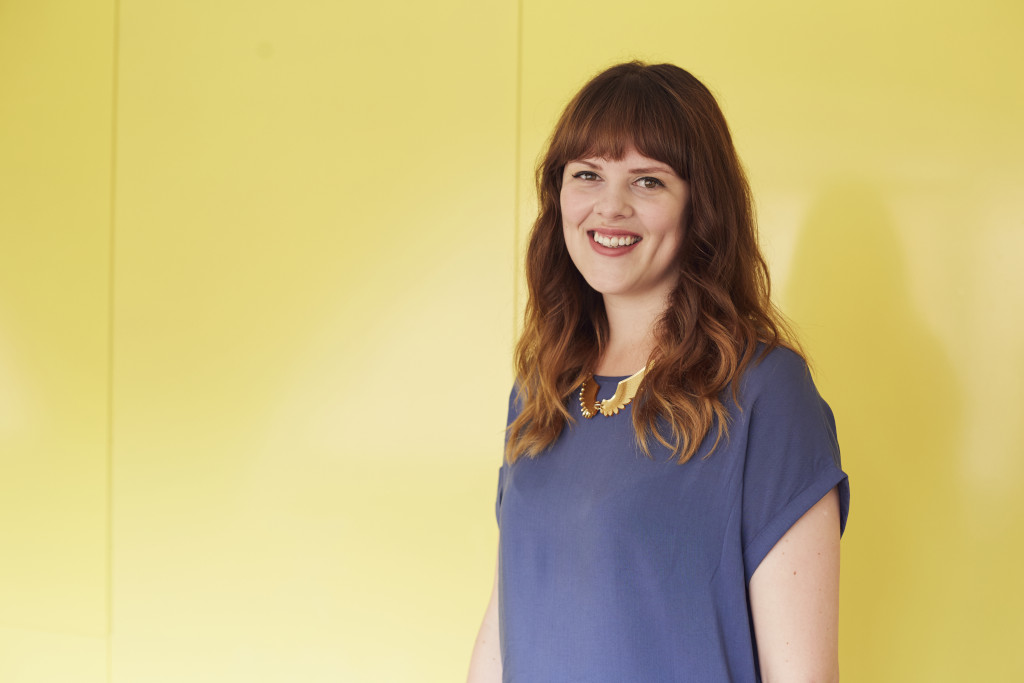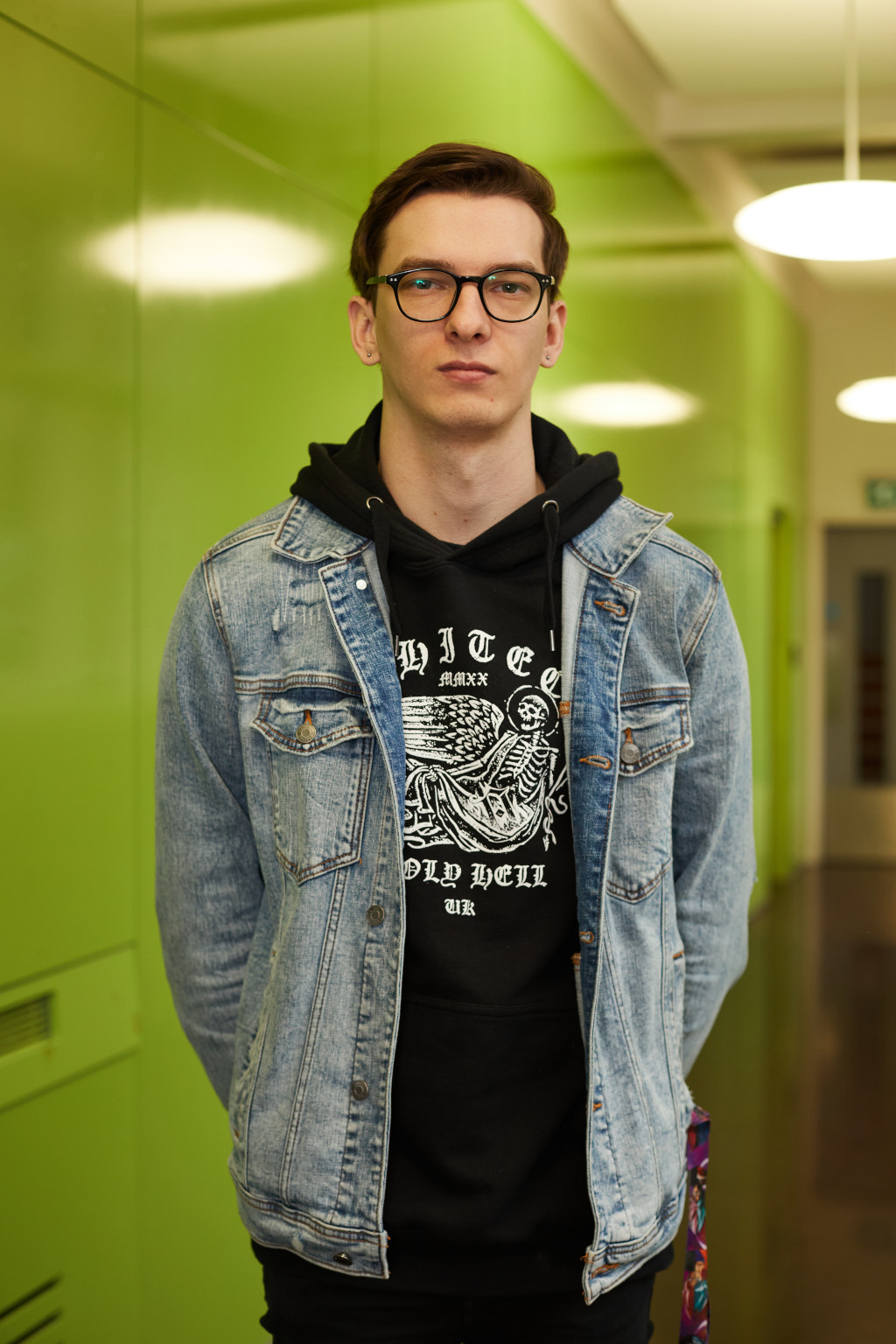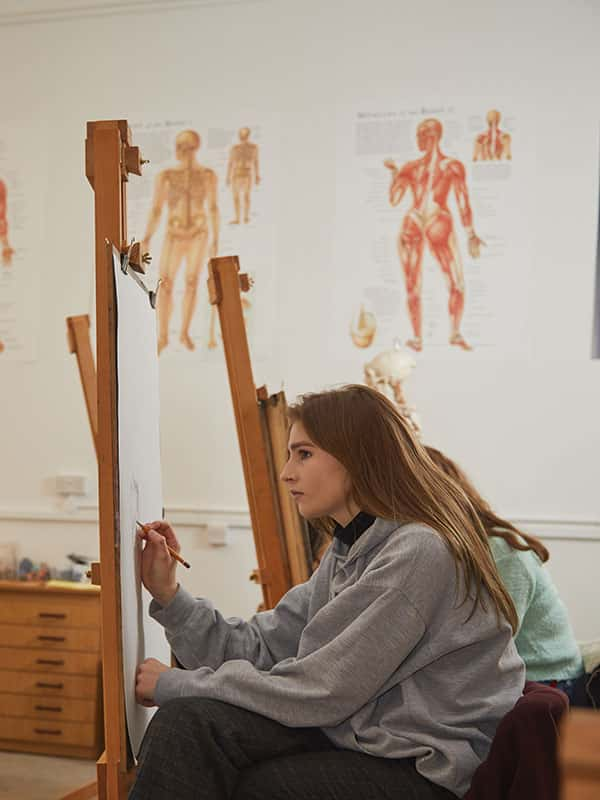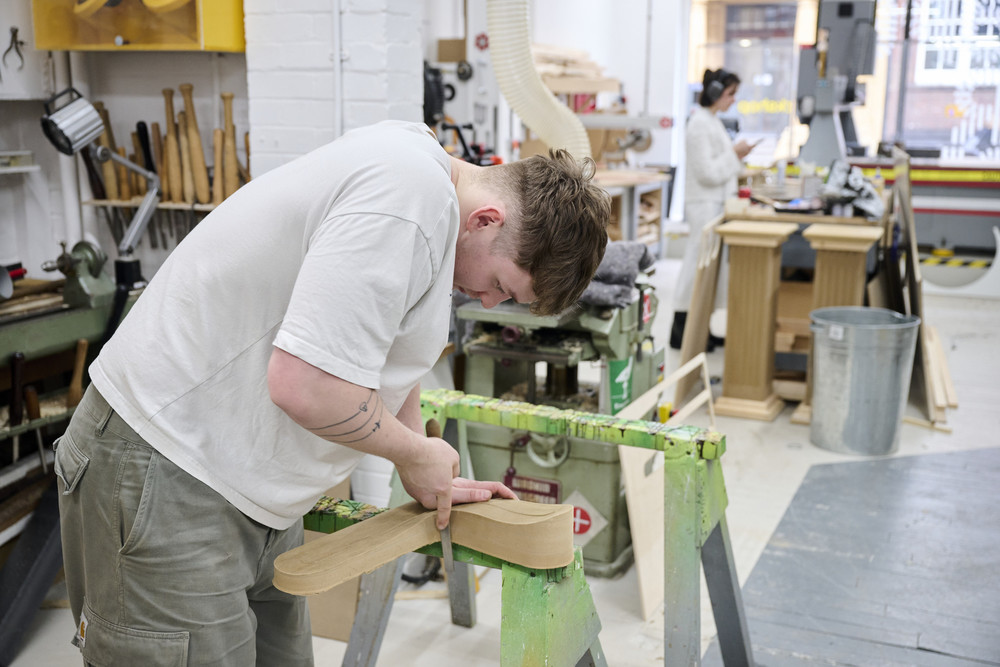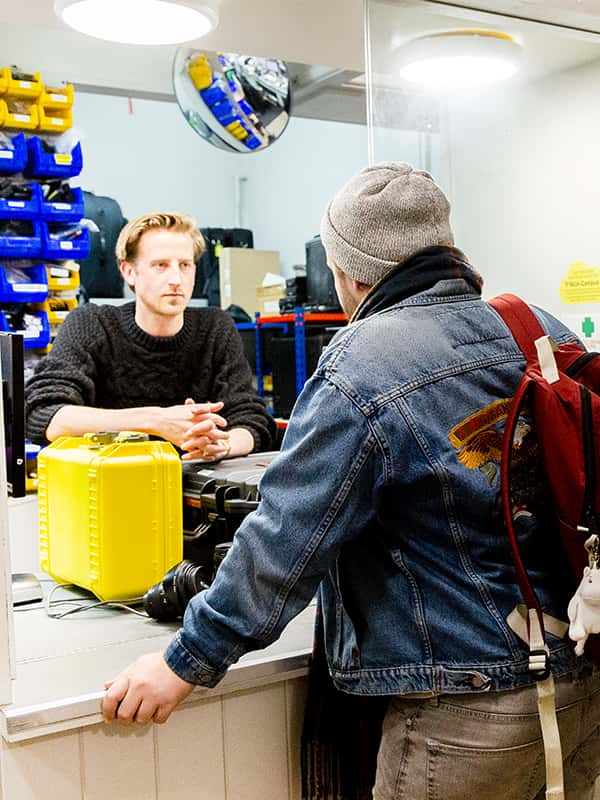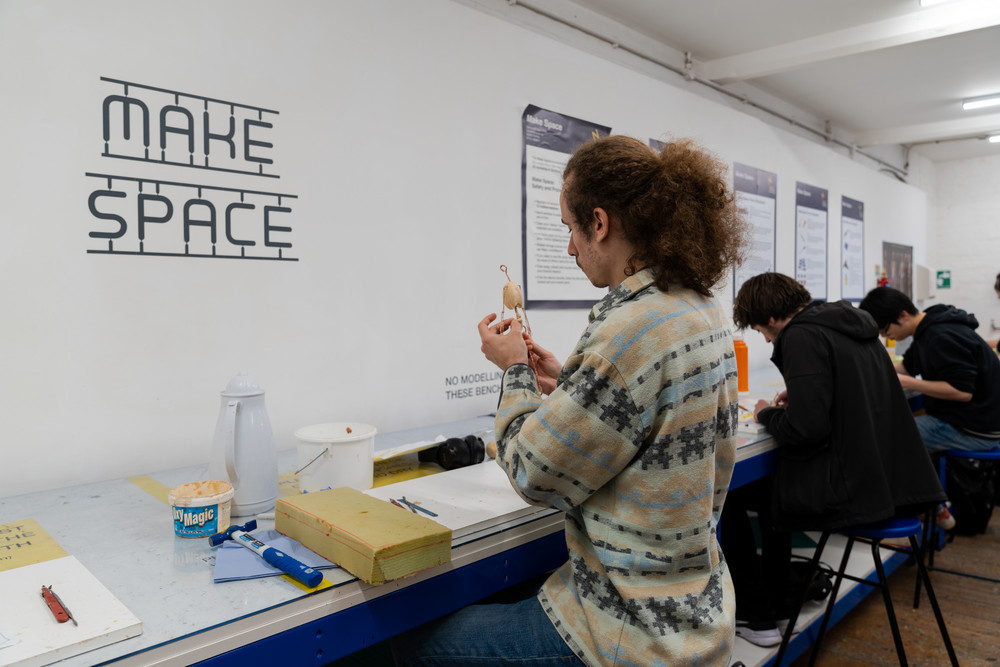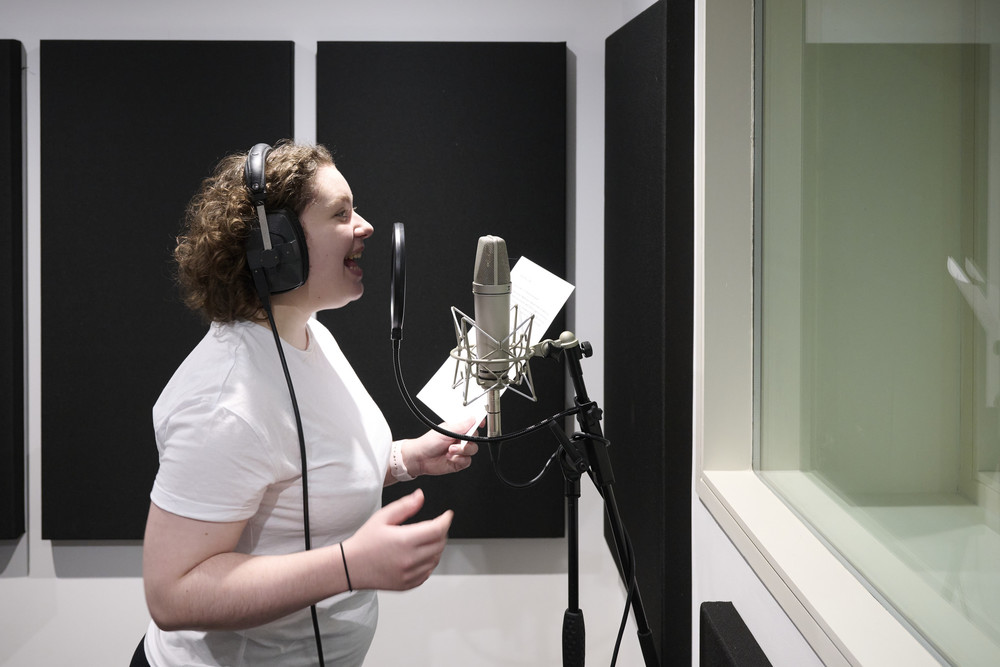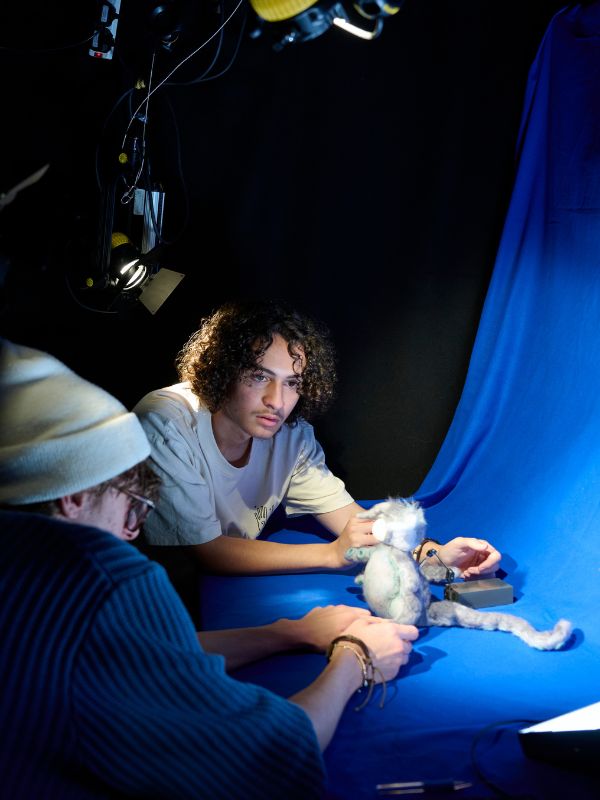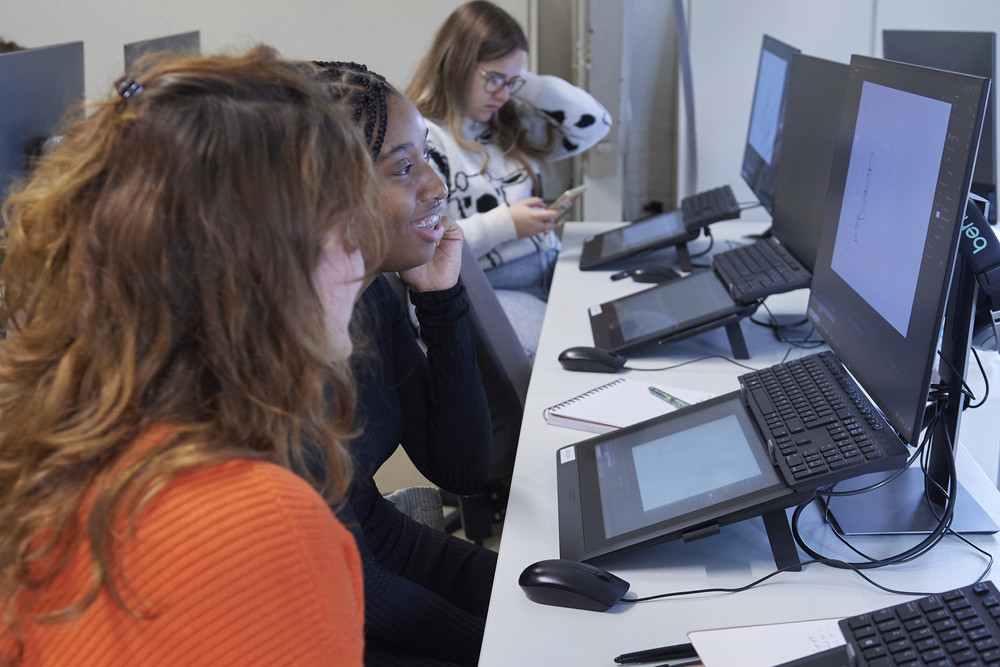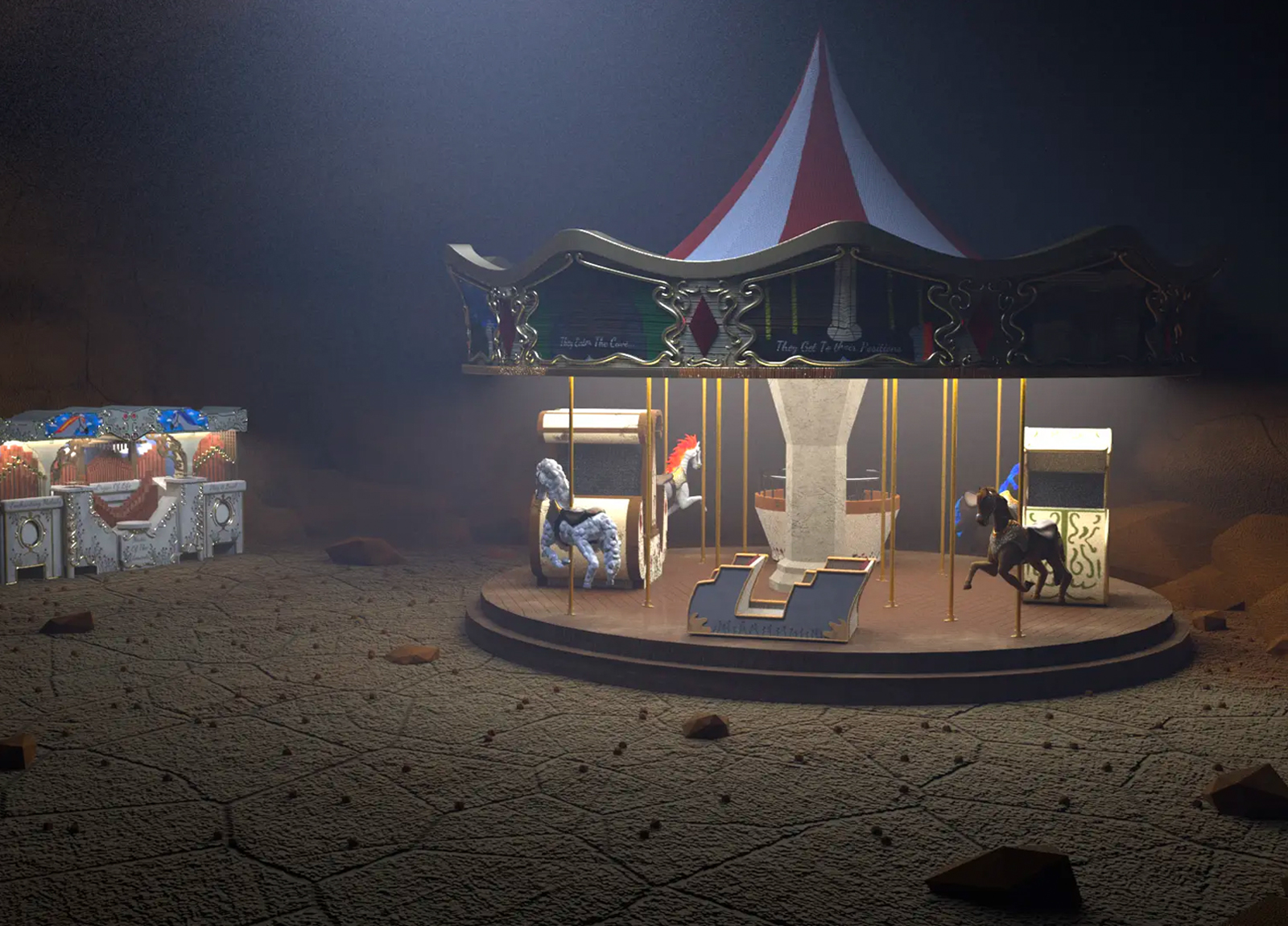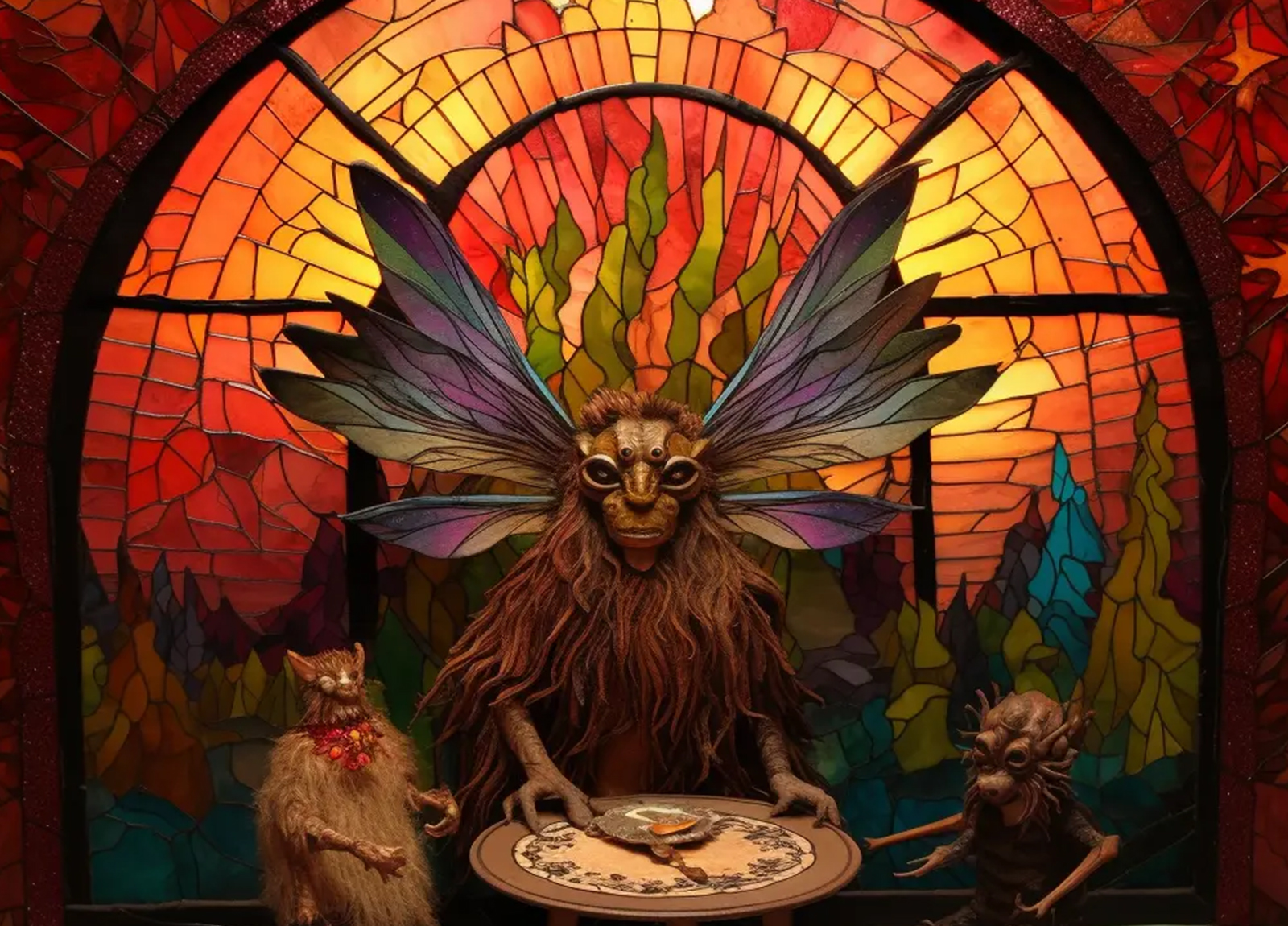
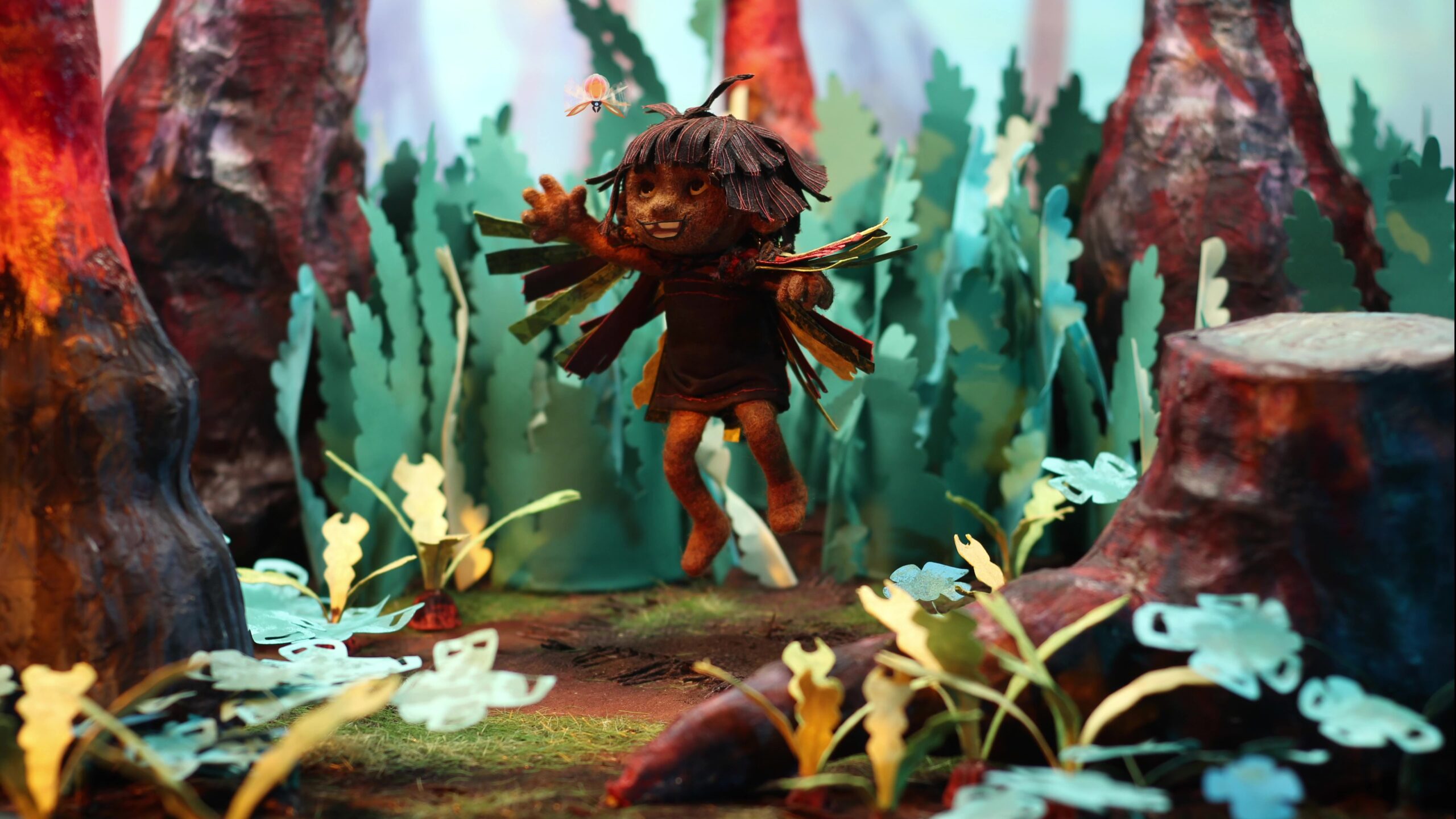

Animation BA (Hons)
Master the magic of bringing characters and stories to life through a range of animation techniques.
-
Course Duration
3 or 4 Year options
-
Course Options
- Diploma Year
- Intergrated Foundation Year
-
Typical Offer
104-120 UCAS Tariff Points
- How to Apply Request a prospectus
-
Annual Fees
- Home (full-time) £9,790
- Overseas (full-time) £18,860
-
UCAS code
- W615 (3 Year), W616 (4 Year)
- Institution code: N39
-
Course Start
September 2026
BA (Hons) Animation will inspire and capture your imagination, balancing the fundamental principles of animation and design with cutting edge processes. We embrace creativity in all aspects of the course, exploring innovative methods of moving image creation using artistry and storytelling to attract new audiences.
Watch our BA Animation video playlist
Why study with us
-
Explore core animation and compositing techniques in Year One then begin to specialise in Years Two and Three within digital 2D and stop motion with potential to utilise digital 3D.
-
Gain understanding of the principles of animation: dynamics; character design; storyboarding; animatic production; animation production; sound design; skills of observation and life drawing; acting for animators; editing; compositing; and showreel and portfolio design.
-
Develop an understanding of visual/film language components such as character analysis, narrative structure, design, colour, and composition.
-
Work in relation to sustainability, diversity and global contexts; question how the work you create, and the methods you use, can be used to make a difference to others.
-
Explore your chosen areas of specialisation and develop your skills, with the potential to combine techniques alongside opportunities to collaborate within the course and beyond.
-
Engage with industry professionals through portfolio reviews, set briefs, studio visits, and our contemporary industry lecture series. You’ll also hear from recent graduates sharing their inspiring early-career journeys.
-
Develop critical creative thinking skills through your course practice and expanded opportunities to engage with thought provoking lectures (VC talks), cross university activities (Interchange), and specialism linked essay tasks.
Course Details
Integrated Foundation Year (optional)
Our Integrated Foundation Year is designed to equip students with the necessary skills, knowledge and confidence to thrive in their chosen degree subject. The course provides a comprehensive introduction to various disciplines, blending critical thinking and creative problem-solving with practical hands-on experience. This year serves as a bridge to undergraduate studies, allowing students to explore their interests within a supportive and inspiring environment, while familiarising themselves with the campus, workshops, and tutors.
Year 1
Core Units
Creative Learning (40 credits)
This unit will introduce you to the fundamentals that underpin all areas of animation and visual effects. You’ll work in 2D drawn animation, 3D computer animation, and visual effects. Through hands on projects, you will cover a range of key production areas, including the principles of animation, ideation and concept development, drawing fundamentals and image manipulation. You’ll attend sessions on character design, film language and storytelling, the principles of animation, and an introduction to digital imaging and compositing software.
40 credits
Explore and Experiment (80 credits)
In this unit you will explore and experiment with techniques, materials and media. You’ll build your knowledge of the animation pipeline and explore underpinning skills in drawing, design and techniques of film language, narrative structures and visual storytelling. You’ll consider the practical, conceptual, and theoretical pathways open to you as an animator and learn to use industry-standard software to support all areas of your work. You will bring animated characters and scenes to life, working from initial concept to final outcome, exploring skills in 2D, CG and stop motion character animation, CG modelling and digital compositing.
80 credits
Core Projects
Wayfinding Week
The first week of each academic year is called Wayfinding week. It’s an opportunity get your bearings, establish new connections and, after your first year at Norwich, re-establish old ones. Your course team will talk you through the year ahead and explain the expectations for the year. We’ll help you navigate new encounters and identify areas to focus on as you progress through your course.
Make it Manifest(o)
An important element of Wayfinding Week is taking part in our annual ‘Make it Manifest(o)’ project. Your course team will introduce the project in which we’ll ask you to consider your hopes and vision of the year ahead at Norwich and work with students in other year groups to bring your ideas to life. The project culminates in a celebratory display of work across the campus. The project will help you to develop your critical creativity through different approaches, concepts, and mediums. You’ll encounter diverse perspectives and build friendships and networks within our university community.
Interchange Week
Interchange weeks are opportunities to step away from your disciplinary studies and engage in projects, workshops, visits and talks that extend your knowledge and understanding of the world. Whether you learn a new skill or take part in a global challenge project with students from other courses, you will come away with new insights to take back to your course. Interchange is part of the schedule for all Norwich students with sessions held across and beyond the campus led by university staff, visiting lecturers and students.
Year 2
Core Units
Global Contexts (80 credits)
This unit will enable you to expand your specialist knowledge and skills, taking you to the next level in your creative development. You will have the opportunity to improve your skills through software workshops, story art, and sound design. This will be done through project briefs that emulate a professional studio environment and challenge your visual language, narrative, evaluation, and problem-solving knowledge. You’ll explore materials and processes, including advanced character design workshops in puppet making, 2D puppet animation, and CG modelling and rigging. You’ll be encouraged to consider various contexts and audiences for your work, with sessions on pitching, personal branding, and marketing strategies.
80 credits
Collaboration (40 credits)
This unit focuses on how you work with your peers, or for a real-world client, to take ideas from concept to final presentation through stages of an industry-style production pipeline. This collaborative learning experience will expose you to a range of new processes and approaches that will develop your creative thinking. As the unit progresses, you will cover production pipeline processes, scheduling, casting and the management of contracts, clearances, and crediting work. Focusing on work-based learning, this unit will help you to consider your future career goals and the steps you need to take to achieve them. You’ll also be introduced to essential tools for professional presentations through tutorials and workshops.
40 credits
Core Projects
Wayfinding Week
The first week of each academic year is called Wayfinding week. It’s an opportunity get your bearings, establish new connections and, after your first year at Norwich, re-establish old ones. Your course team will talk you through the year ahead and explain the expectations for the year. We’ll help you navigate new encounters and identify areas to focus on as you progress through your course.
Make it Manifest(o)
An important element of Wayfinding Week is taking part in our annual ‘Make it Manifest(o)’ project. Your course team will introduce the project in which we’ll ask you to consider your hopes and vision of the year ahead at Norwich and work with students in other year groups to bring your ideas to life. The project culminates in a celebratory display of work across the campus. The project will help you to develop your critical creativity through different approaches, concepts, and mediums. You’ll encounter diverse perspectives and build friendships and networks within our university community.
Interchange Week
Interchange weeks are opportunities to step away from your disciplinary studies and engage in projects, workshops, visits and talks that extend your knowledge and understanding of the world. Whether you learn a new skill or take part in a global challenge project with students from other courses, you will come away with new insights to take back to your course. Interchange is part of the schedule for all Norwich students with sessions held across and beyond the campus led by university staff, visiting lecturers and students.
Diploma Year (optional)
Level 5 Diploma (120 credits)
Students have the opportunity to spend a year after the second of their degree (or the third year if studying for a degree with an Integrated Foundation Year) enhancing their employability options through a Level 5 Diploma. They can choose from courses designed to provide:
- opportunities to gain industry insight, developing employability skills through a series of supported experiences, expanding professional networks and building confidence in the workplace, or
- an introduction to creative computing, building an understanding of how coding skills can be used to advance and complement creative practice.
Final year
Core Units
Research and Preparation (40 credits)
This unit aims to enhance your animation skills by integrating practical and theoretical components, preparing you for the industry. Weekly briefings and meetings with tutors provide guidance and progress check-ups, while creative workshops cover narrative building, performance animation, and fabrication tools. You will explore specific job roles in the industry and engage with sessions on how to present yourself professionally, such as CV’s and personal websites. You’ll gain hands-on experience that lets you connect with people in the animation industry and other creative fields, setting you up for success in your future career.
40 credits
Resolution and Career Development (80 credits)
Your final unit allows you to research, conceptualise and create a self-initiated final-year project(s), building on the skills, knowledge and understanding you have gathered throughout the programme. This gives you a unique opportunity to immerse yourself in an aspect of animation you are most passionate about and enthuse others with your expert knowledge, skills and perspective. You will focus on your creative ambitions and develop a strategy for becoming a professional creative. You’ll be able to participate in competitions, attend conferences, and meet visiting professionals. You will focus on building a unique portfolio that reflects the skills you have to offer, setting you up for a successful career in the industry.
80 credits
Core Projects
Wayfinding Week
The first week of each academic year is called Wayfinding week. It’s an opportunity get your bearings, establish new connections and, after your first year at Norwich, re-establish old ones. Your course team will talk you through the year ahead and explain the expectations for the year. We’ll help you navigate new encounters and identify areas to focus on as you progress through your course.
Make it Manifest(o)
An important element of Wayfinding Week is taking part in our annual ‘Make it Manifest(o)’ project. Your course team will introduce the project in which we’ll ask you to consider your hopes and vision of the year ahead at Norwich and work with students in other year groups to bring your ideas to life. The project culminates in a celebratory display of work across the campus. The project will help you to develop your critical creativity through different approaches, concepts, and mediums. You’ll encounter diverse perspectives and build friendships and networks within our university community.
Interchange Week
Interchange weeks are opportunities to step away from your disciplinary studies and engage in projects, workshops, visits and talks that extend your knowledge and understanding of the world. Whether you learn a new skill or take part in a global challenge project with students from other courses, you will come away with new insights to take back to your course. Interchange is part of the schedule for all Norwich students with sessions held across and beyond the campus led by university staff, visiting lecturers and students.
Download course specifications
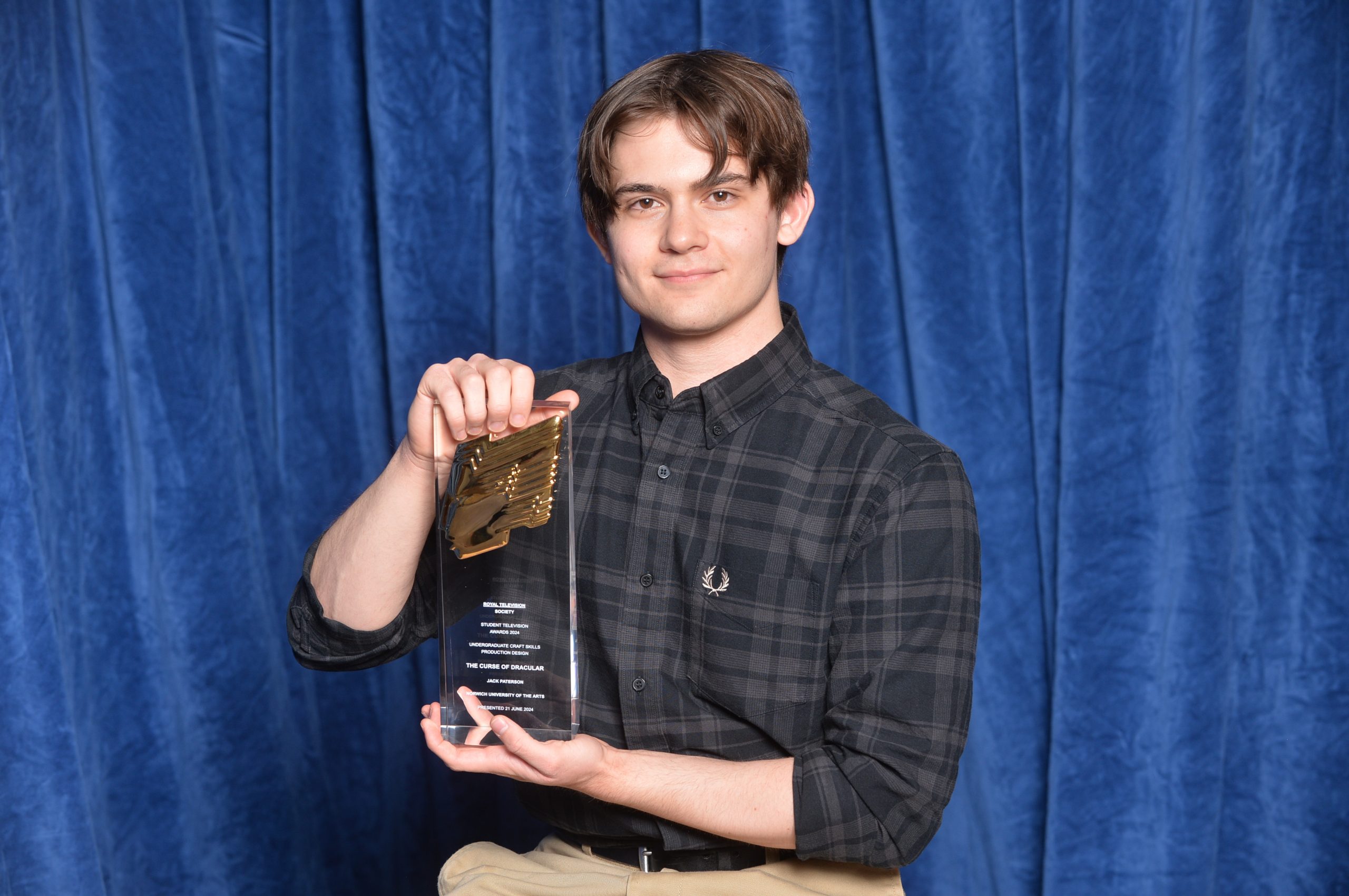
Learning and teaching
This course is taught through a mixture of learning and teaching methods including:
-
Group briefings
-
Academic tutorials
-
Group tutorials
-
Workshops
-
Critiques (crits)
-
Seminars
-
Lectures
Assessment
Assessment for this course is entirely coursework-based, meaning there are no exams. Your progress will be evaluated through the projects and assignments you complete for each unit. Throughout the year, you’ll receive ongoing feedback to help you refine your work and develop your skills. To support your learning and ensure you achieve the course outcomes, we use a variety of assessment methods, including:
- Finished pieces of work
- Presentations
- Written work
- Your research
- A reflective journal
Some of the people you’ll be working with
Our Facilities
Look around our city-centre campus, and you will find studios, media labs, and creative spaces in 13 buildings that sit among the cafés, bars, independent galleries and shops of Norwich’s cultural quarter.
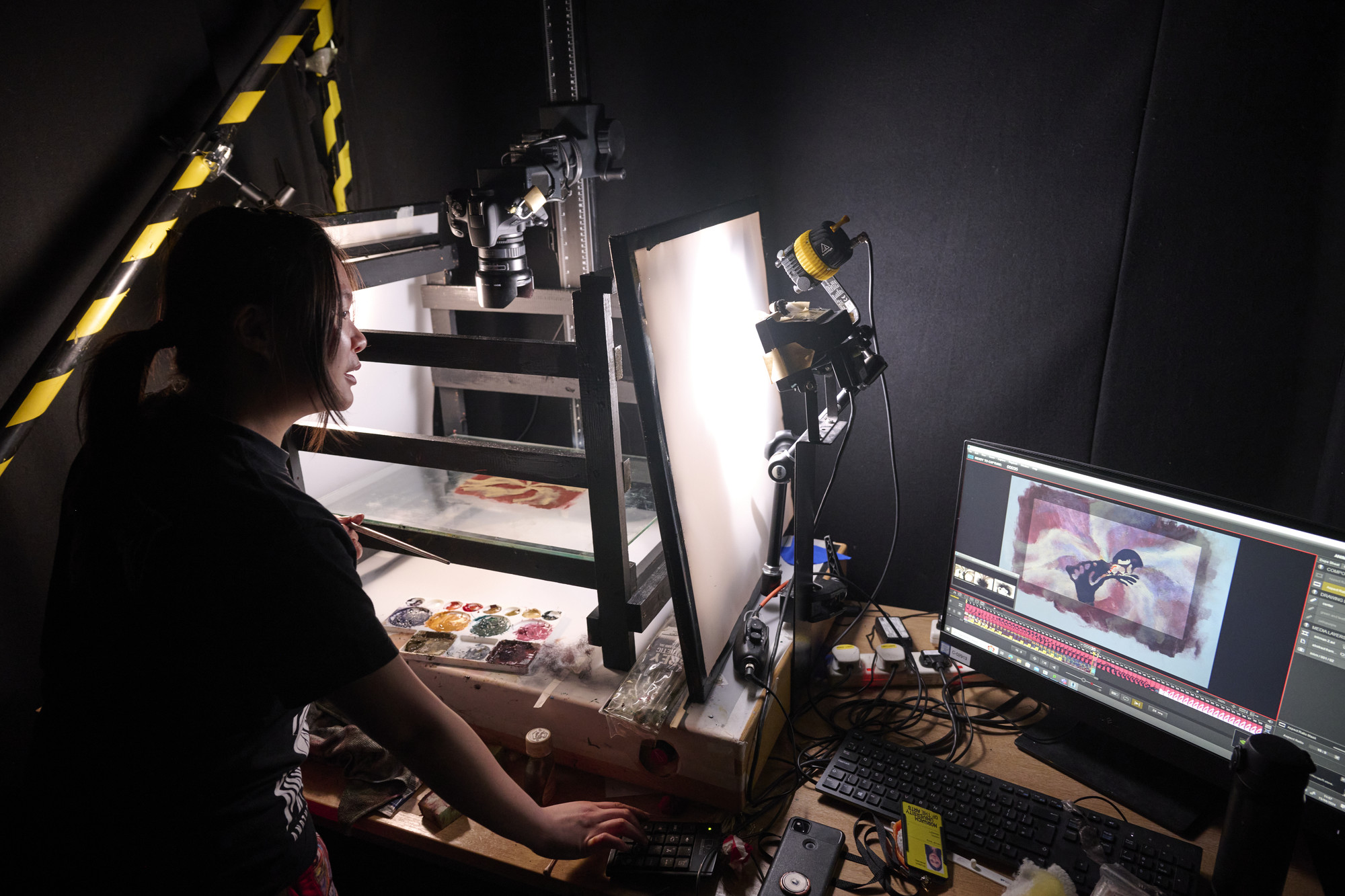
Typical career paths
In your final year, you’ll produce a personal portfolio of your specialist skills and develop an original animated film or showreel, getting you career-ready after uni. Our graduates have gained internships at Oscar-winning studios like Aardman Animations, Agile Studios or worked on blockbuster animated movies like Pokémon Detective Pikachu. They’ve also gone on to secure jobs at Lupus Films, Blue Zoo, Meantime Media, and more.
- Animator
- Storyboard Artist
- Producer
- Production designer
- Concept artist
- Motion artist
- Editor
- Art Director
- Director of Photography
- Compositor
- Character Designer
- Layout Artist
- Prop Designer
- Set Designer
- Modeller
- Illustrator
“92% of our graduates are in employment or further education within six months of graduating”
Graduate Outcomes 2021
Entry requirements
Home
Norwich University of the Arts welcomes applicants of all ages from all backgrounds.
If the qualification that you are studying is not shown, do not worry as we are able to accept other pre-entry qualifications as well as combinations of different qualifications.
Please do contact our Student Recruitment Team if you have any queries.
A/AS Levels (GCE)
GCE A/AS Levels 3 A-level qualifications at grades BCC (104 UCAS Tariff points) or above. Where candidates are not taking 3 A-levels, Norwich University of the Arts will consider combinations of A-level/AS-level and other Level 3 qualifications.
BTEC Extended Diploma (QCF or RQF)
Distinction, Merit, Merit in an art, design or media related subject
BTEC Diploma (QCF or RQF)
Distinction*, Distinction* in an art, design or media related subject
T Levels
A T Level in any subject with overall grade A* to C (Pass)
UAL Extended Diploma
Merit
UAL Level 3 Foundation Diploma in Art and Design
Pass
UAL Level 4 Foundation Diploma in Art and Design
Pass
Foundation Diploma in Art and Design
Pass
Access to Higher Education Diploma (Art and Design)
Pass
International Baccalaureate Diploma
A minimum of 26 points
Integrated foundation year (optional)
Norwich University of the Arts welcomes applicants of all ages from all backgrounds.
If the qualification that you are studying is not shown, do not worry as we are able to accept other pre-entry qualifications as well as combinations of different qualifications.
Please do contact our Student Recruitment Team if you have any queries.
A/AS Levels (GCE)
GCE A/AS Levels 2 A-level qualifications at grades CC (64 UCAS Tariff points) or above.
BTEC Extended Diploma (QCF or RQF)
Merit, Merit, Pass in an art, design or media related subject
BTEC Diploma (QCF or RQF)
Distinction*, Merit in an art, design or media related subject
T Levels
Pass (D or E on the core)
UAL Extended Diploma
Pass
UAL Level 3 Foundation Diploma in Art and Design
Pass
UAL Level 4 Foundation Diploma in Art and Design
Pass
Foundation Diploma in Art and Design
Pass
International Baccalaureate Diploma
A minimum of 26 points
Overseas
We accept qualifications from all over the world.
To find our entry requirements from a specific country, please check our dedicated international pages.
English language qualifications
Most international students are required to hold an English language qualification. Applicants are required to have a minimum UKVI approved IELTS exam score of 6.0 overall, with a minimum of 5.5 in each section. Equivalent English language qualifications are acceptable such as, IB English language syllabus A or B/English Literature (Grade 4).
We also accept some alternative English qualifications. Learn more about our English entry requirements.
You can email us on international@norwichuni.ac.uk if you’d like to discuss your application individually.
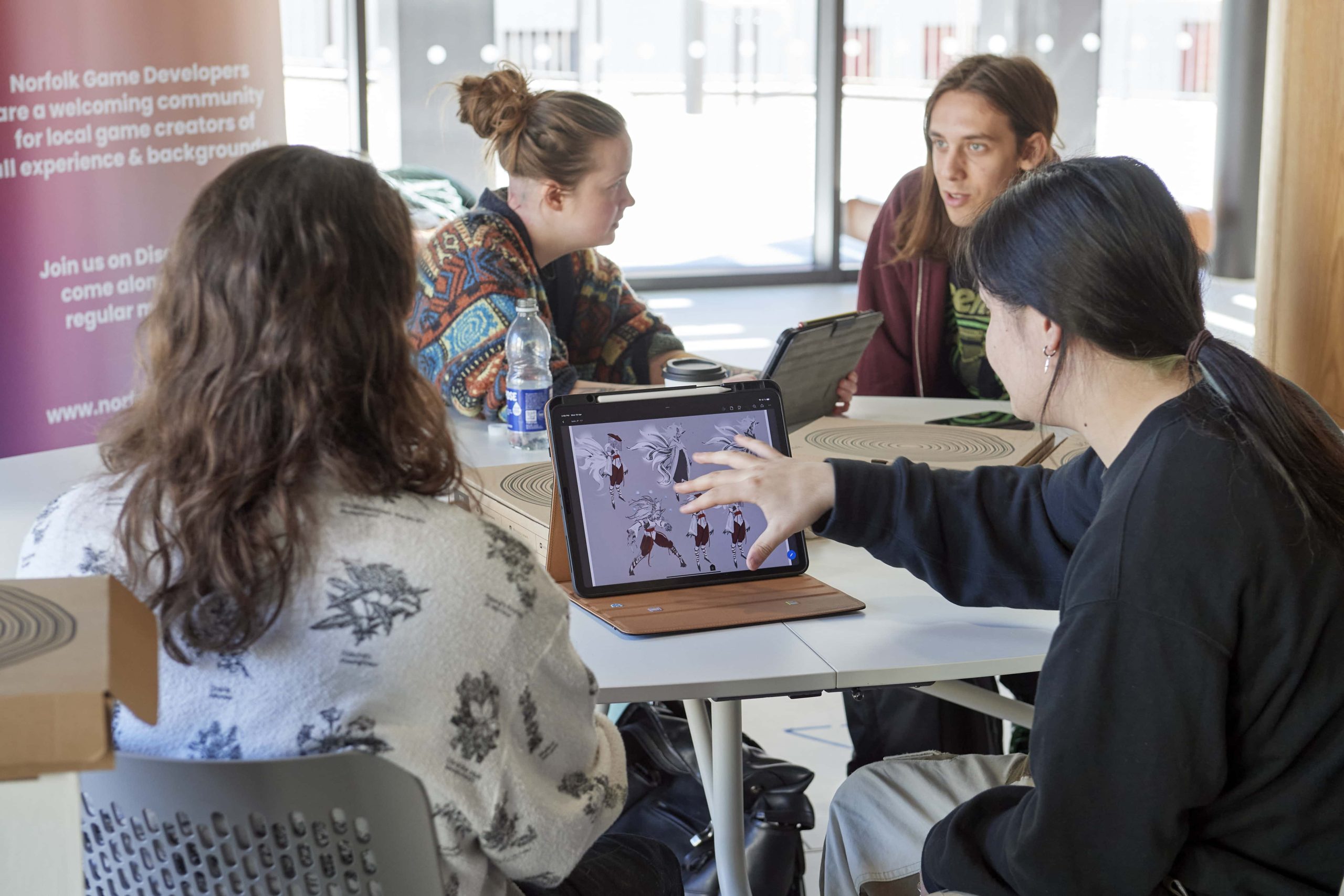
Fees and funding
Home
Tuition fees for the 2026/27 academic year
- BA course (three year): £9,790 per year
- Integrated Foundation Year (optional): £9,790 per year
- Level 5 Diploma Year (optional): £9,790 year
The level of fee that you will be asked to pay depends on whether you’re classed as a UK (home) or international student. Check your fee status.
Fees for subsequent years
Tuition fees may increase in subsequent years in line with inflation, subject to government regulations. The inflation rate used is expected to be the Retail Price Index excluding mortgage payments (RPIX). We would confirm this in advance to you of each academic year.
Find our more about fees and funding
Funding your study
Depending on your circumstances, you may qualify for a bursary, scholarship or loan to help fund your study and enhance your learning experience.
International
Tuition fees for the 2026/27 academic year
- BA course (three year): £18,860
- Integrated Foundation Year (optional): £18,860
- level 5 Diploma year (optional): £18,860
The level of fee that you will be asked to pay depends on whether you’re classed as a UK (home) or international student. Check your fee status.
Fees for subsequent years
For Overseas students starting in 2026 inflation will be applied to your fees in later years. We will confirm this in advance to you of each academic year, and we will limit the increase to no more than the Office for Students’ recommended inflationary measure.
Find our more about fees and funding
Funding your study
Please take a look at our International students page for information about fees, scholarships for international students, visas and much more.
Additional costs
Your course fees cover the cost of studies, and include loads of benefits, such as the use of our library, support from our expert employability team, access to workshops and free use of the IT equipment across our campuses. There are also other costs which you may need to consider.
How to apply
Home
All applications for undergraduate courses will need to be made via the Universities and Colleges Admissions Service (UCAS).
You’ll need our university UCAS code (N39) as well as your course code which you’ll find on your course page.
When you register with UCAS you will need include your previous and current qualifications information, personal statement, and reference.
Once we receive your application form through UCAS, we will email confirmation that we have received it and will give you access and instructions for logging into the applicant portal. Our decision will be communicated via UCAS.
Applying for an undergraduate degreeInternational
Full-time Undergraduate International applicants can either apply via UCAS or directly by completing the online application form below or emailing the downloadable form to ioadmissions@norwichuni.ac.uk
Online Application Form (opens in a new window)For further support for international applicants applying for an undergraduate degree view our international pages.
-
Annabell Bird
Animation BA (Hons)
Adam McIntosh
Animation BA (Hons)
Joseph Xotta
Animation BA (Hons)
Max Rozier
Animation BA (Hons)
Jack Paterson
Animation BA (Hons)
Hannah Wong
Animation BA (Hons)

-
“My highlight of University has definitely been the work opportunities I have taken part in. I can’t express enough how important work experience is for professional development, and the fact that the Uni has so many jobs for students is fantastic.”
Lucien Kelman
BA (Hons) Animation
Read Lucien’s blog
Latest news
-
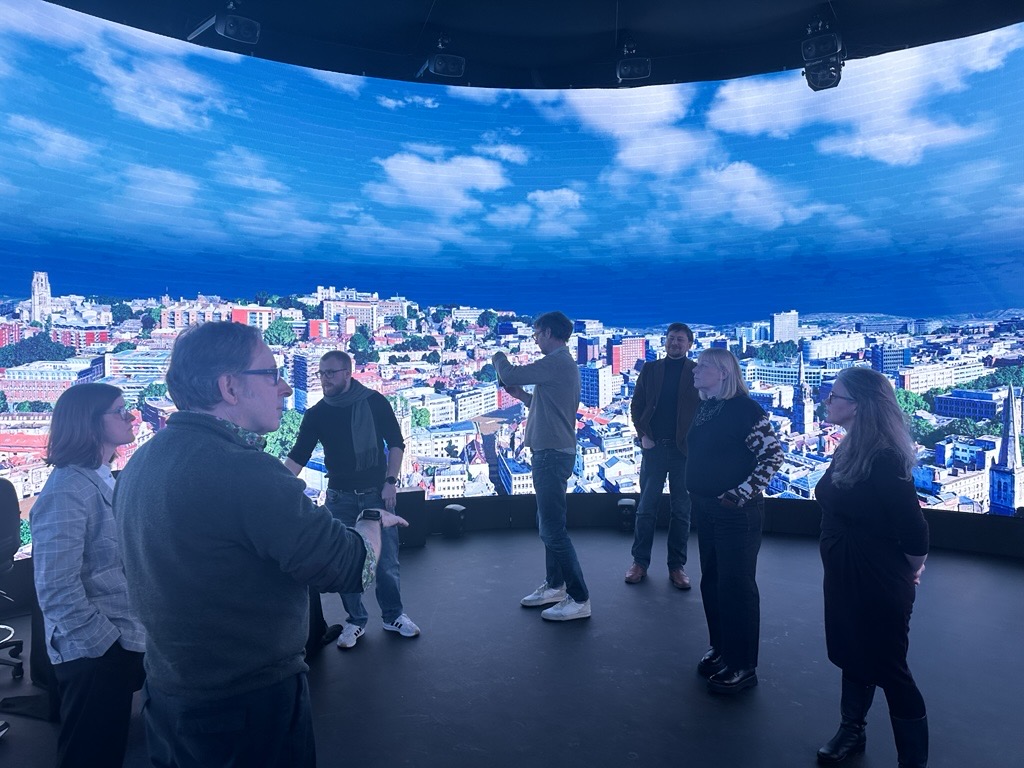 Institution •
Institution •Norwich University of the Arts showcases institutional and research achievements to Research England
The University was delighted to welcome representatives from Research England, to share key institutional and research developments. -
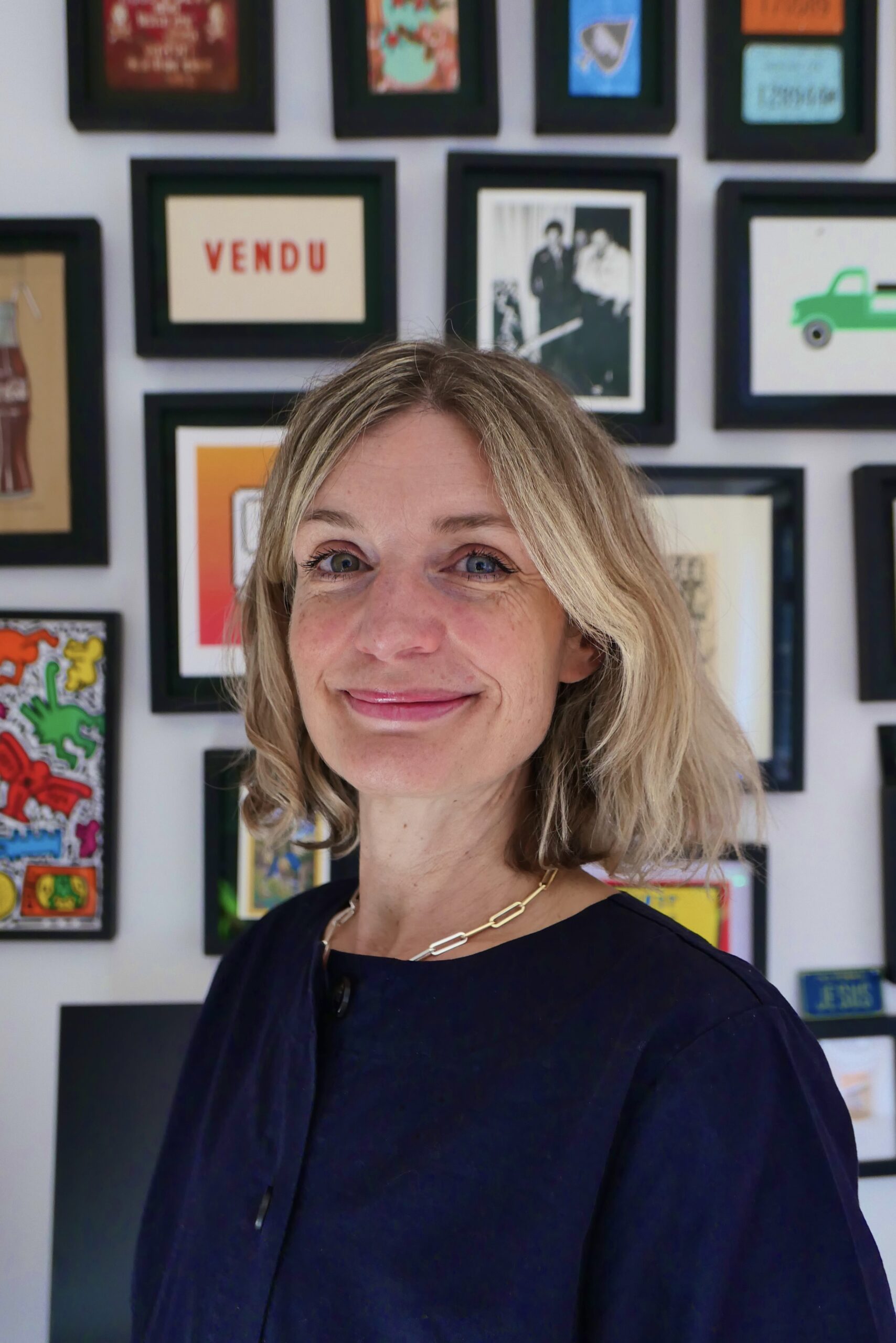 Institution •
Institution •Norwich appoints new Deputy Vice-Chancellor
Norwich University of the Arts is pleased to announce the appointment of Rebecca Wright as its new Deputy Vice-Chancellor. -
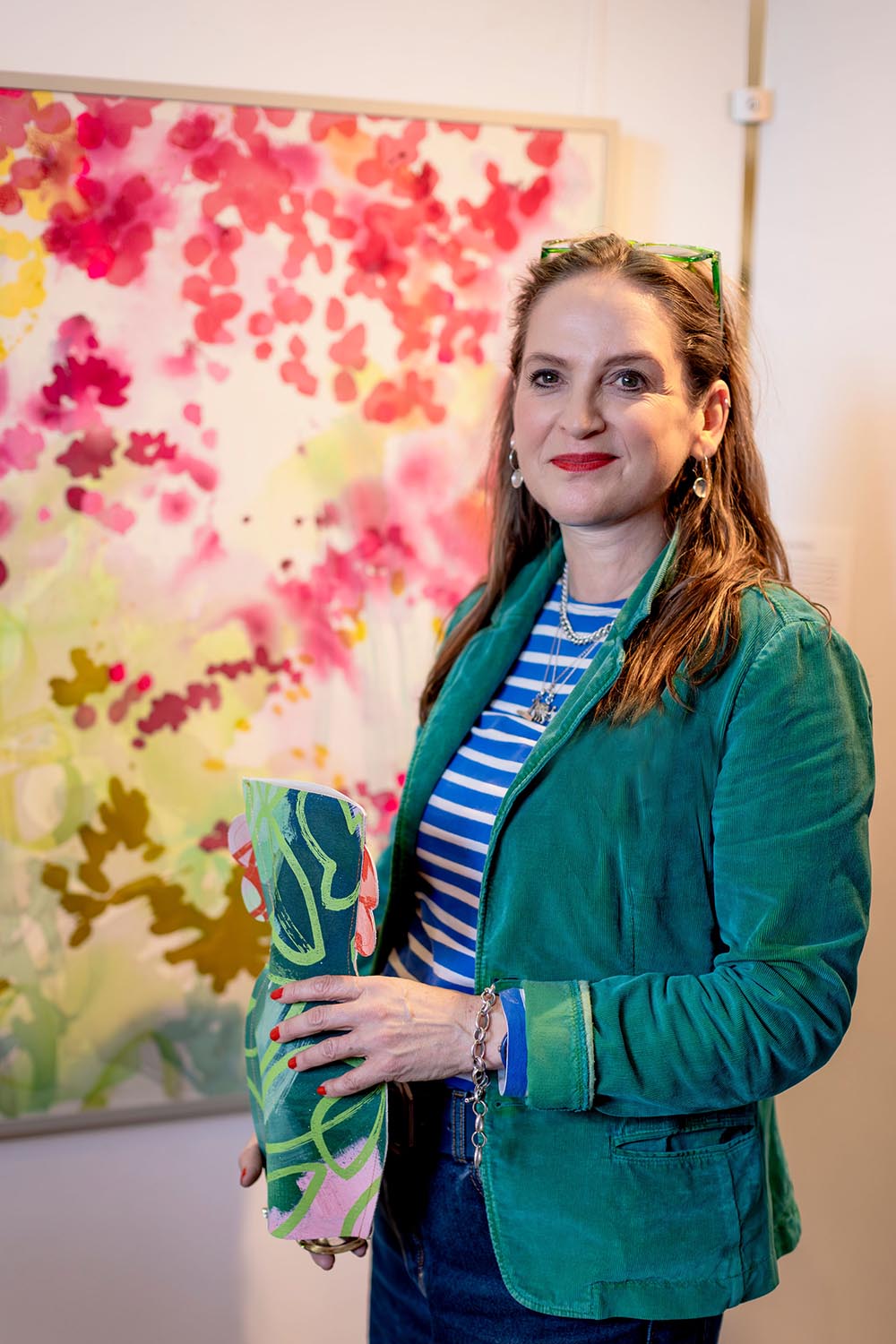 BA Textile Design •
BA Textile Design •In conversation with: Lucy Perry, MA Textile Design
Lucy shares her experience of creating a 360° digital installation, in a collaborative exploration of nature and technology. -
 Institution •
Institution •Norwich University of the Arts earns prestigious 5-star QS Star Excellence rating fo Teaching
Norwich University of the Arts has been awarded an overall four-star rating in the prestigious QS Stars University Ratings, marking a significant milestone in the University’s first-ever submission to the internationally recognised assessment framework. -
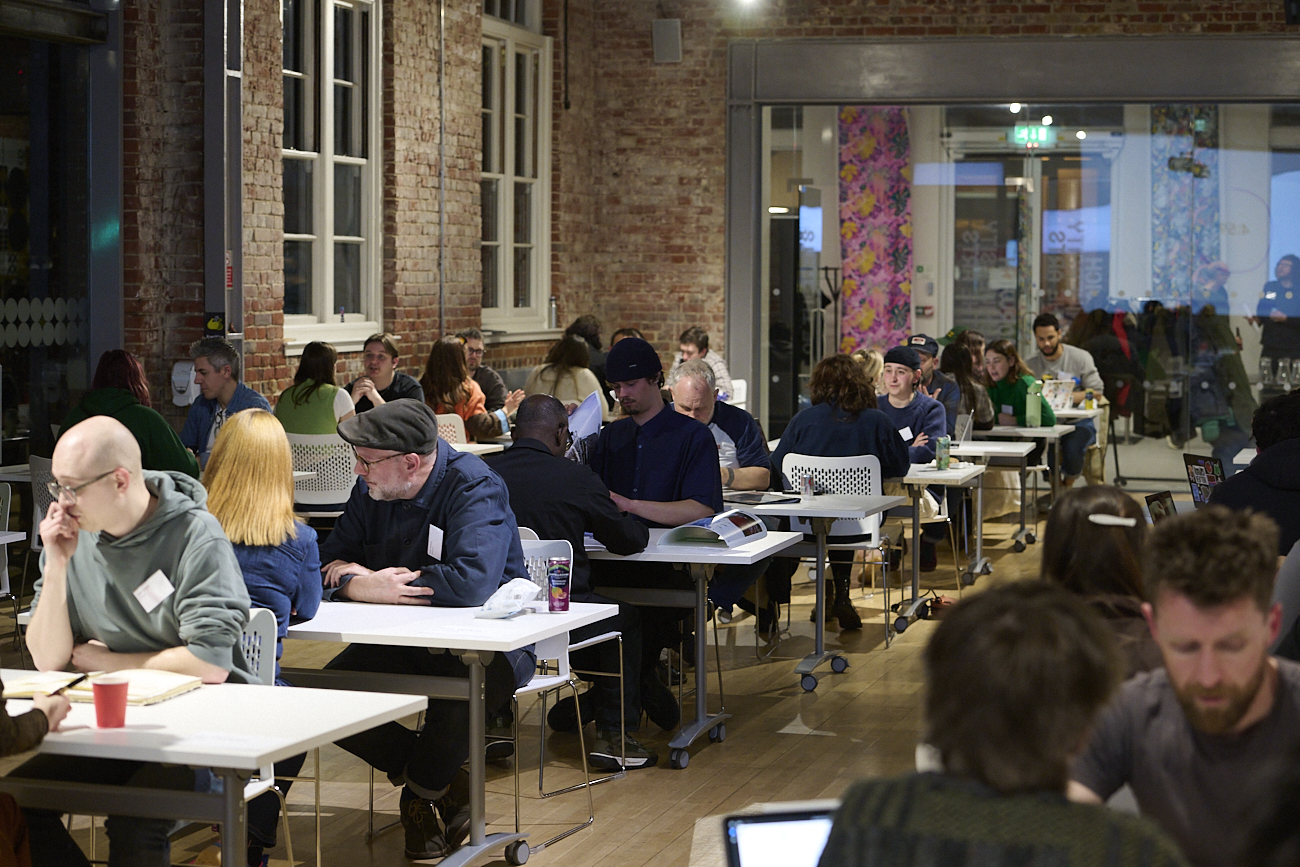 Employability •
Employability •Norwich University of the Arts celebrates 10 years of the Big Book Crit
Hundreds of Norwich students have shared their work with leading creative professionals over the last decade. -
 East Gallery •
East Gallery •Announcing the East Gallery Fellows 2025-2026
Norwich University of the Arts is pleased to announce the selected awardees of this year's East Gallery Fellowship. -
 BA Business Management •
BA Business Management •Dean of Creative Education Awarded Prestigious Principal Fellowship from Advance HE
The University is delighted to announce that Hilary Carlisle, Dean of Creative Education and Professor of Design, has been awarded Principal Fellowship of the Higher Education Academy (PFHEA) by Advance HE -
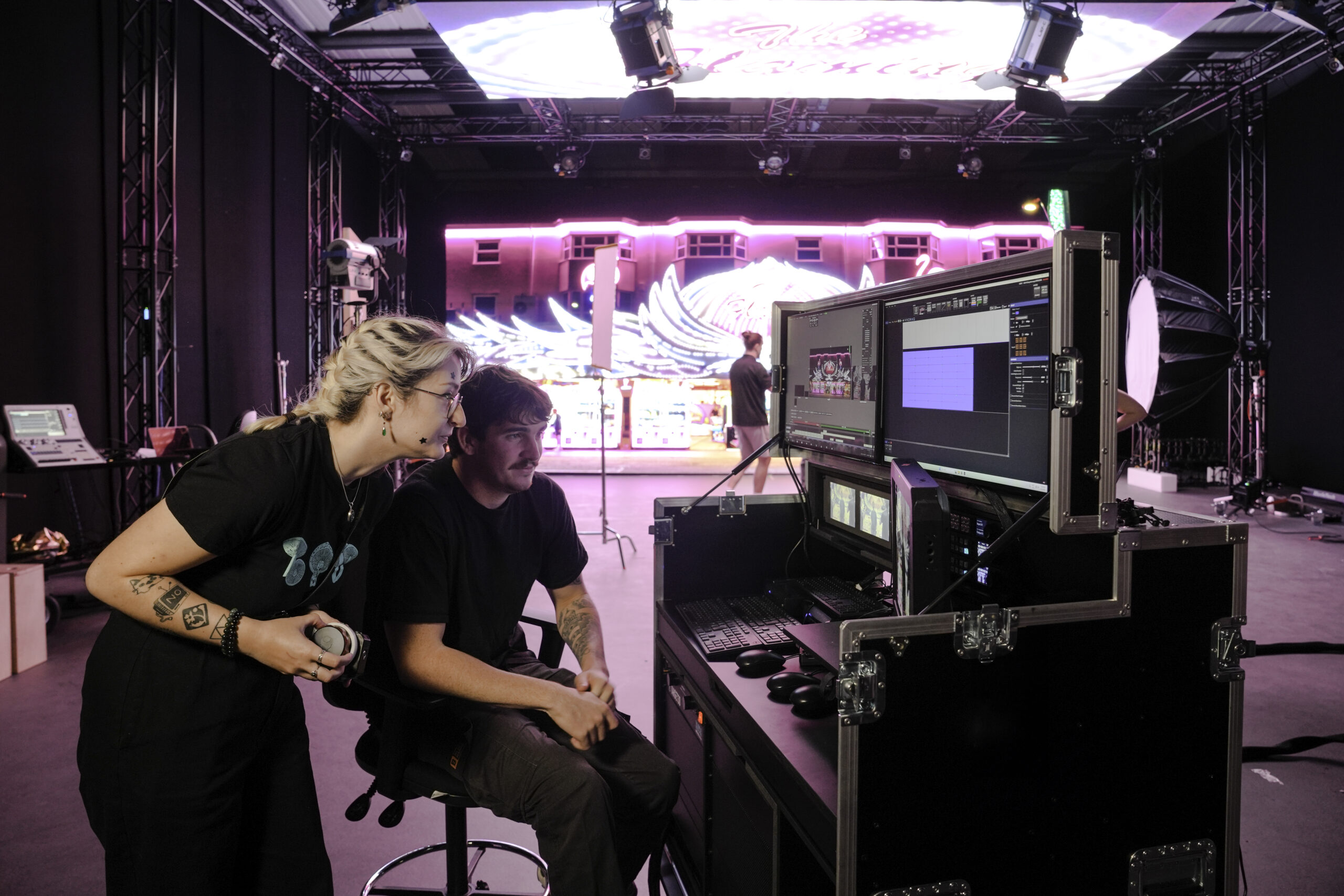 BA Degree •
BA Degree •Norwich University of the Arts to Host ELIA Academy 2027
Norwich University of the Arts is delighted to announce that it has been selected as the host institution for the ELIA Academy 2027. -
 BA Business Management •
BA Business Management •In conversation with Norwich’s newest lecturers in Marketing and Business Management
We joined Norwich's newest lecturers, Stephen Balmer-Walters and Laurie McAllister, to find out more about the University's Marketing and Business Management courses. -
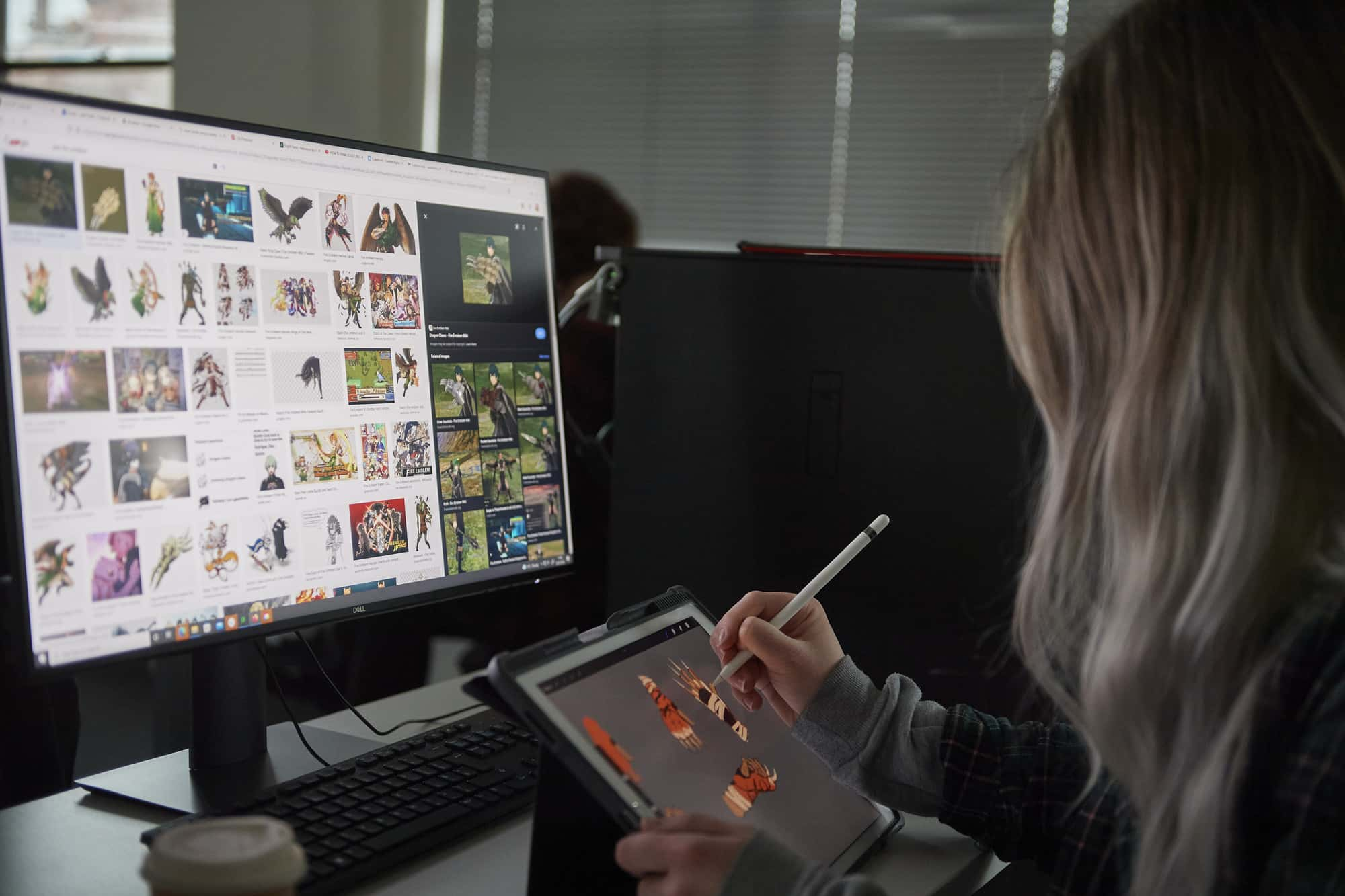 BA Games Art and Design •
BA Games Art and Design •East of England set to become UK’s next Games Cluster, says landmark report
A major new report is calling for the creation of a Games Cluster for the East of England — positioning the region as a national leader in creative technology and immersive media. -
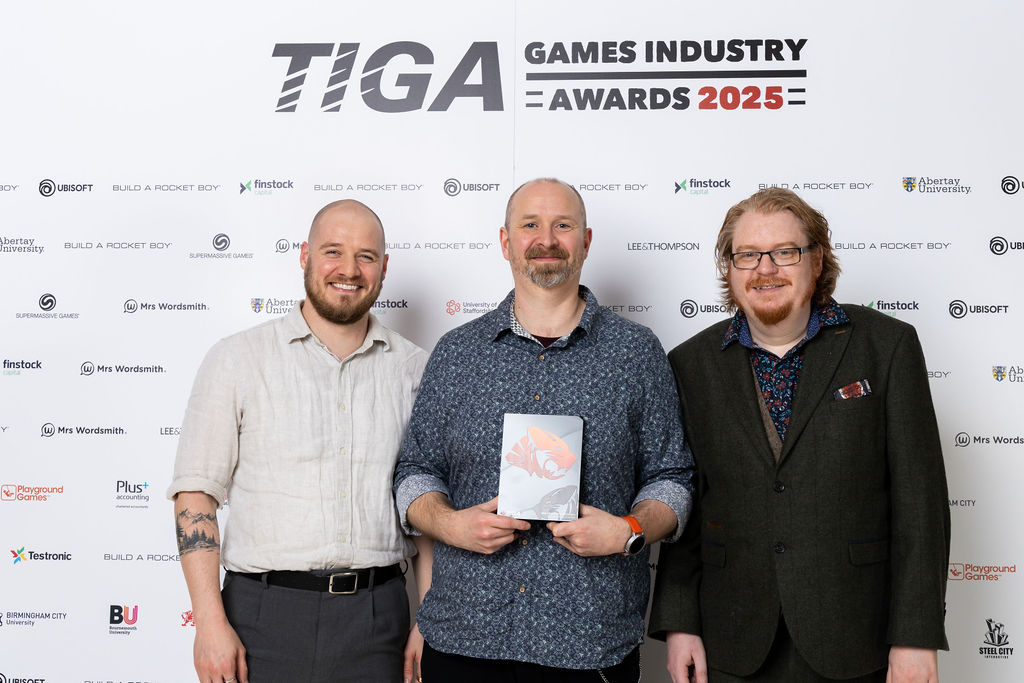 BA Games Art and Design •
BA Games Art and Design •Norwich awarded Best Education Initiative at the TIGA UK Games Industry Awards
TIGA, who represent the UK video games industry, have recognised the University’s commitment to graduate success and industry-focused learning in their 2025 awards. -
 BA Animation •
BA Animation •Cutting edge Sony Virtual Production Studio puts Norwich on the map for the future of film and gaming
Norwich University of the Arts and Sony open new landmark facility for students, creators and the community. -
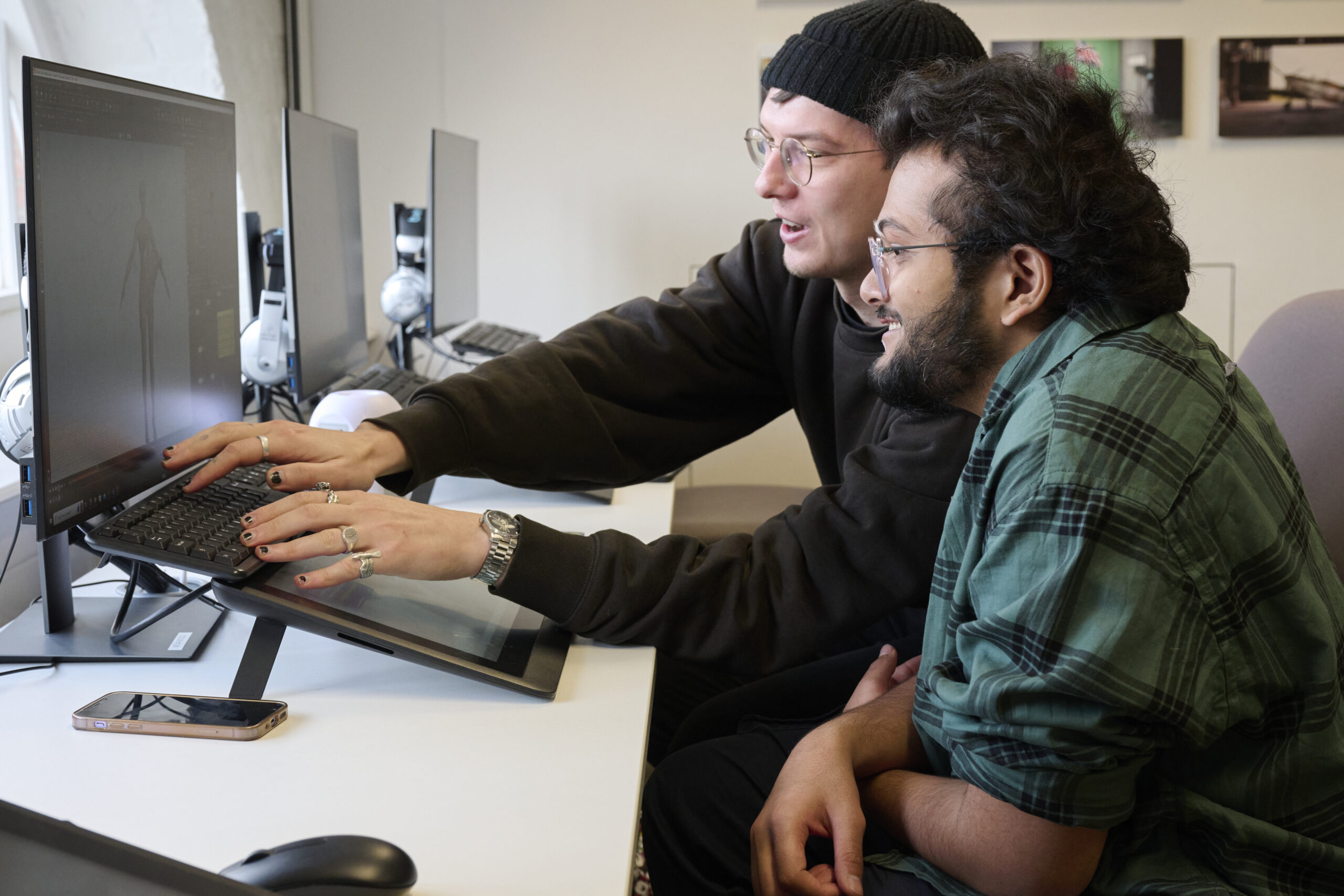 BA Animation •
BA Animation •Norwich named top UK university for production excellence in visual effects
The University has been placed in three categories in the 2025 Rookies Global School Rankings, including the top five for Production Excellence – Visual Effects. -
 BA Photography •
BA Photography •Entries open for Norwich's 2026 Beyond the Frame photography competition
Entries are now open for our annual photography competition, open to students aged 11 to 19 around the world. -
 BSc Degree •
BSc Degree •Norwich University welcomes new academics to its Psychology and Computer Science courses
Lyndsey Wallace joins the University as Senior Lecturer for BSc (Hons) Psychology, with Jawwad Chattha joining as Course Leader for BSc (Hons) Computer Science. -
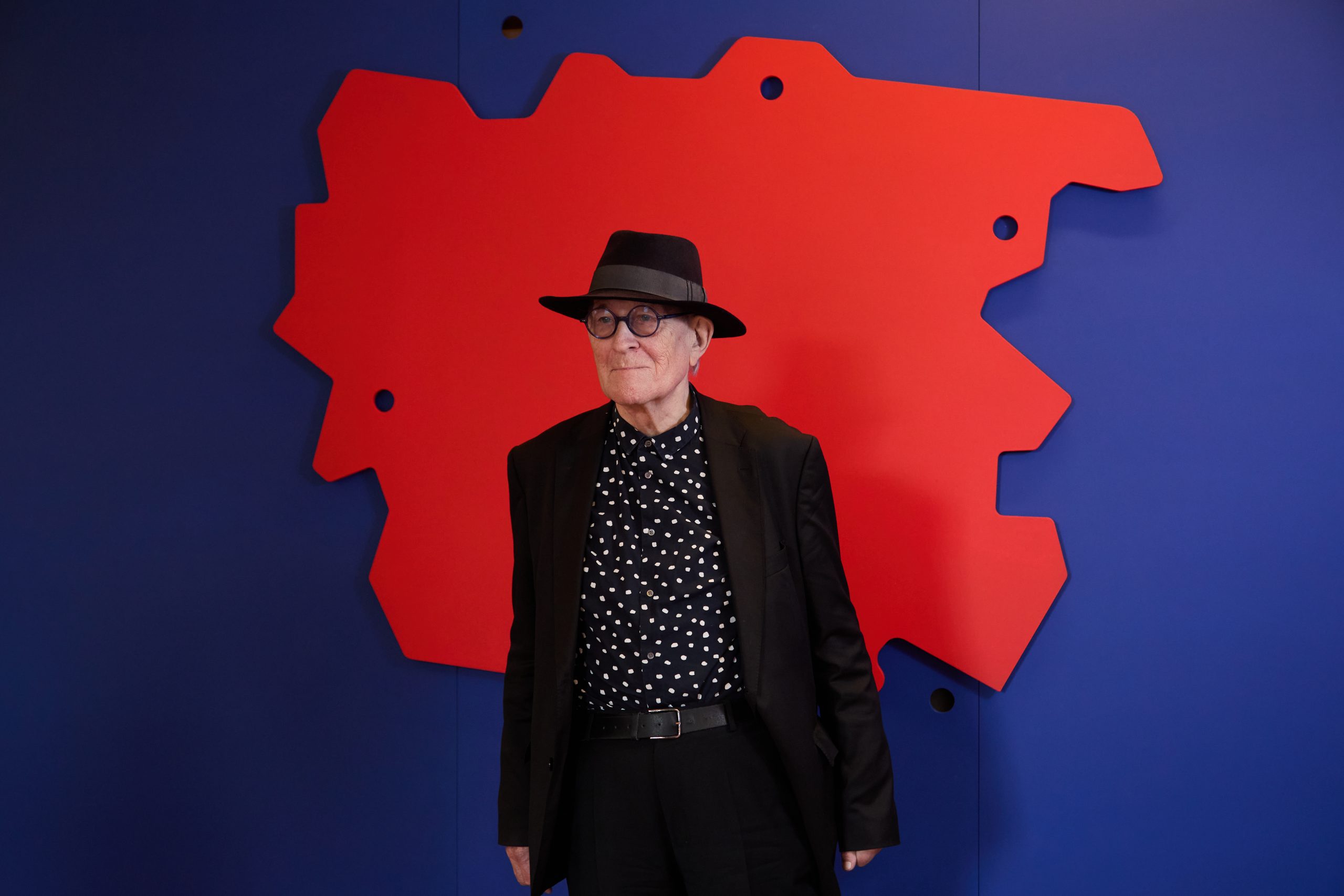 BA Architecture •
BA Architecture •Norwich University of the Arts presents the Peter Cook: Wonder Hub
Norwich University has launched the Peter Cook: Wonder Hub, a vibrant and interactive space for thinking, making, showcasing and debating the creative arts.
Related courses
Discover our courses and take the first step towards unleashing your potential
- Showing 1-4 of 5 results
-
Visit the Animation and Visual Effects BA (Hons) course page

- Filter courses by study level: Undergraduate
- Filter courses by duration: Full time
- Filter courses by start month: September
- Filter courses by subject: Animation and Visual Effects
Animation and Visual Effects BA (Hons)
Wield the creative and technical skills behind the latest Hollywood movies, with teaching from the award-winning studio professionals on Norwich’s BA (Hons) Animation and Visual Effects (VFX) degree course
-
Visit the Fine Art BA (Hons) course page
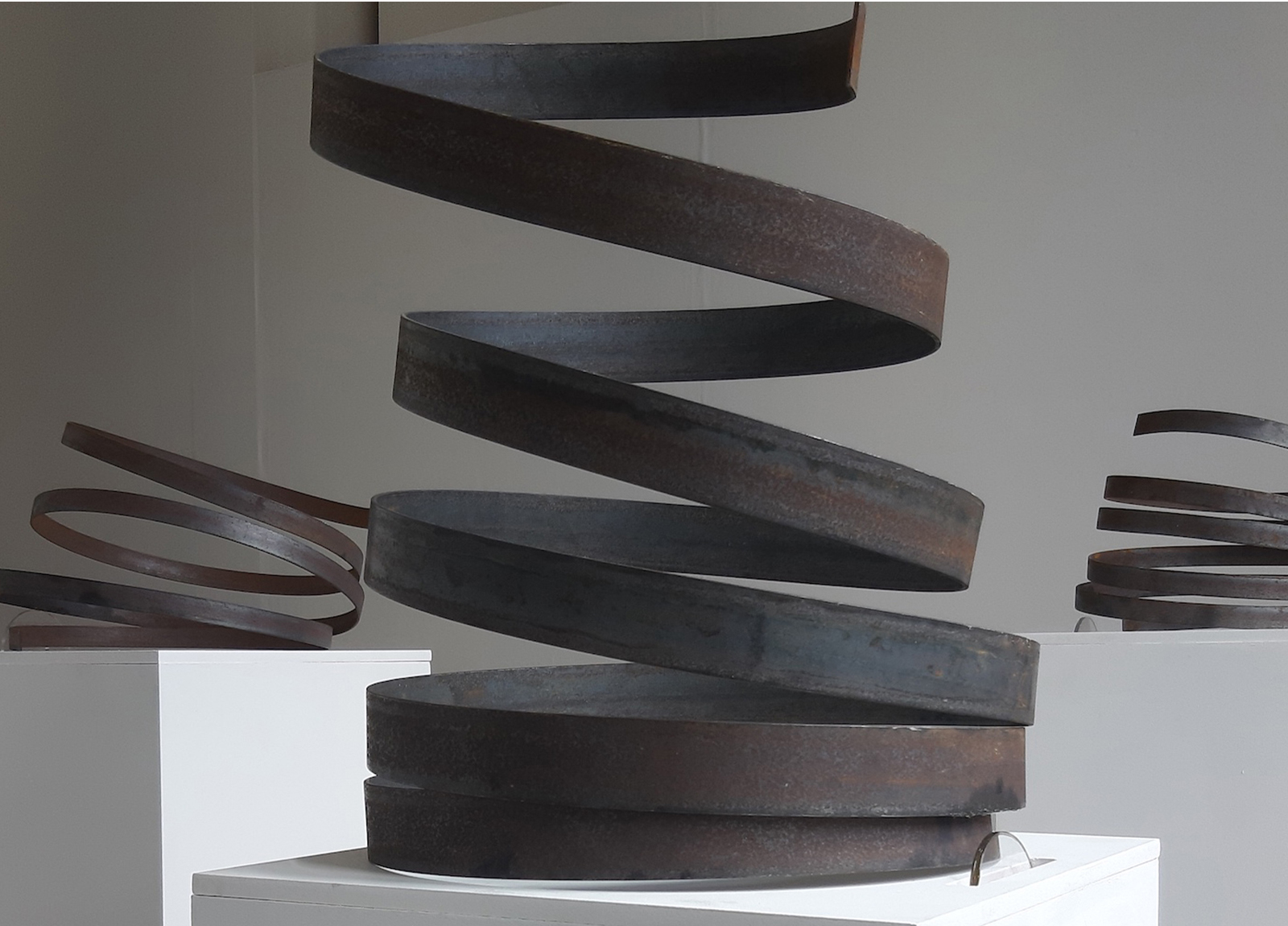
- Filter courses by study level: Undergraduate
- Filter courses by duration: Full time
- Filter courses by start month: September
- Filter courses by subject: Fine Art
Fine Art BA (Hons)
Want to explore your creativity, ideas, and instincts in a vibrant community of artists, thinkers and makers? And shape the future of contemporary art?
-
Visit the Games Art and Design BA (Hons) course page

- Filter courses by study level: Undergraduate
- Filter courses by duration: Full time
- Filter courses by start month: September
- Filter courses by subject: Games Art and Design
Games Art and Design BA (Hons)
Explore and develop your skills of current game studio pipelines and be part of a collaborative, supportive department.
-
Visit the Graphic Communication BA (Hons) course page
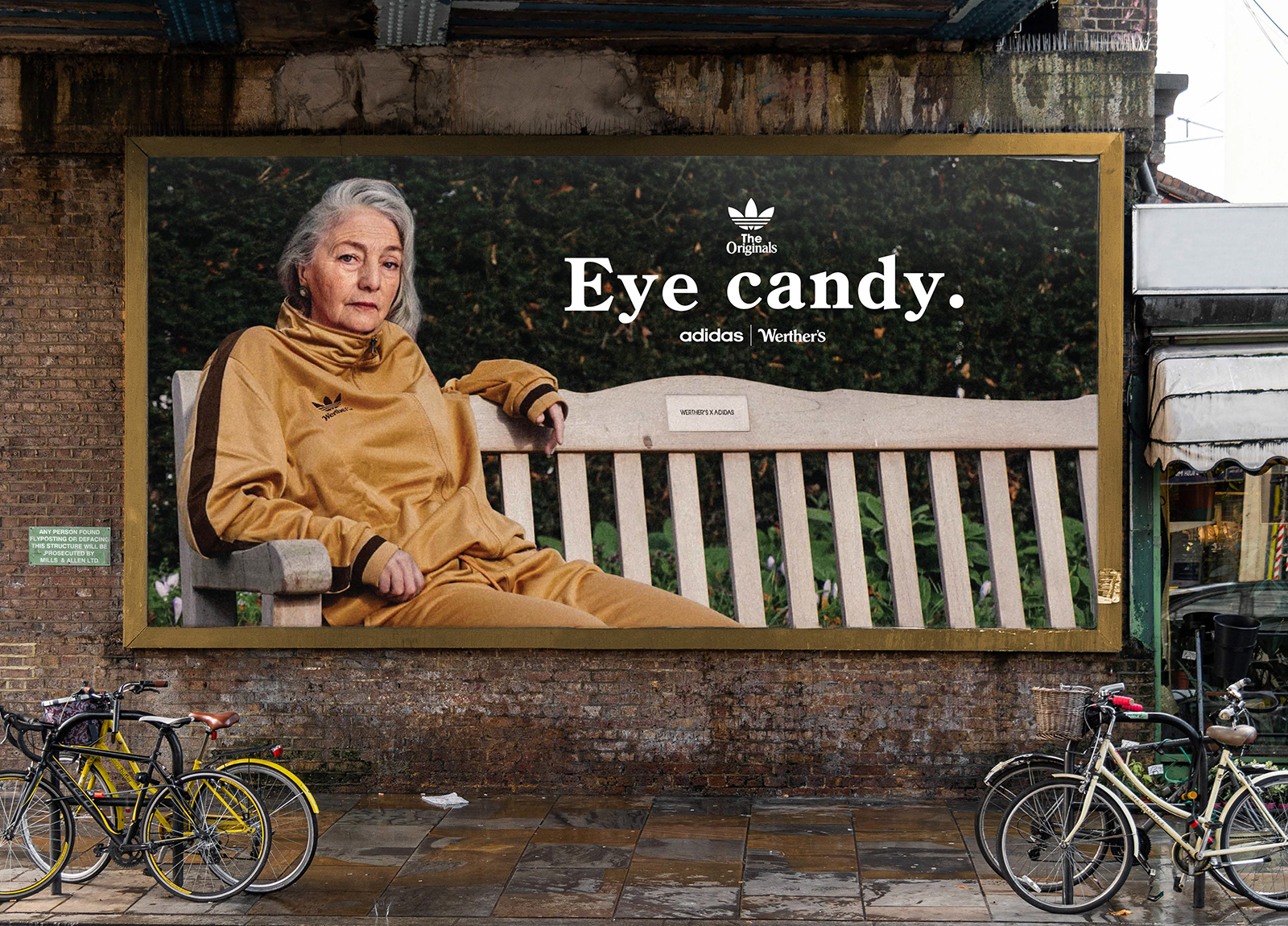
- Filter courses by study level: Undergraduate
- Filter courses by duration: Full time
- Filter courses by start month: September
- Filter courses by subject: Graphic Communication
Graphic Communication BA (Hons)
Ignite your passion for exploring visual ideas and brand communication from real-world problems to commercial briefs, across print and digital.
-
